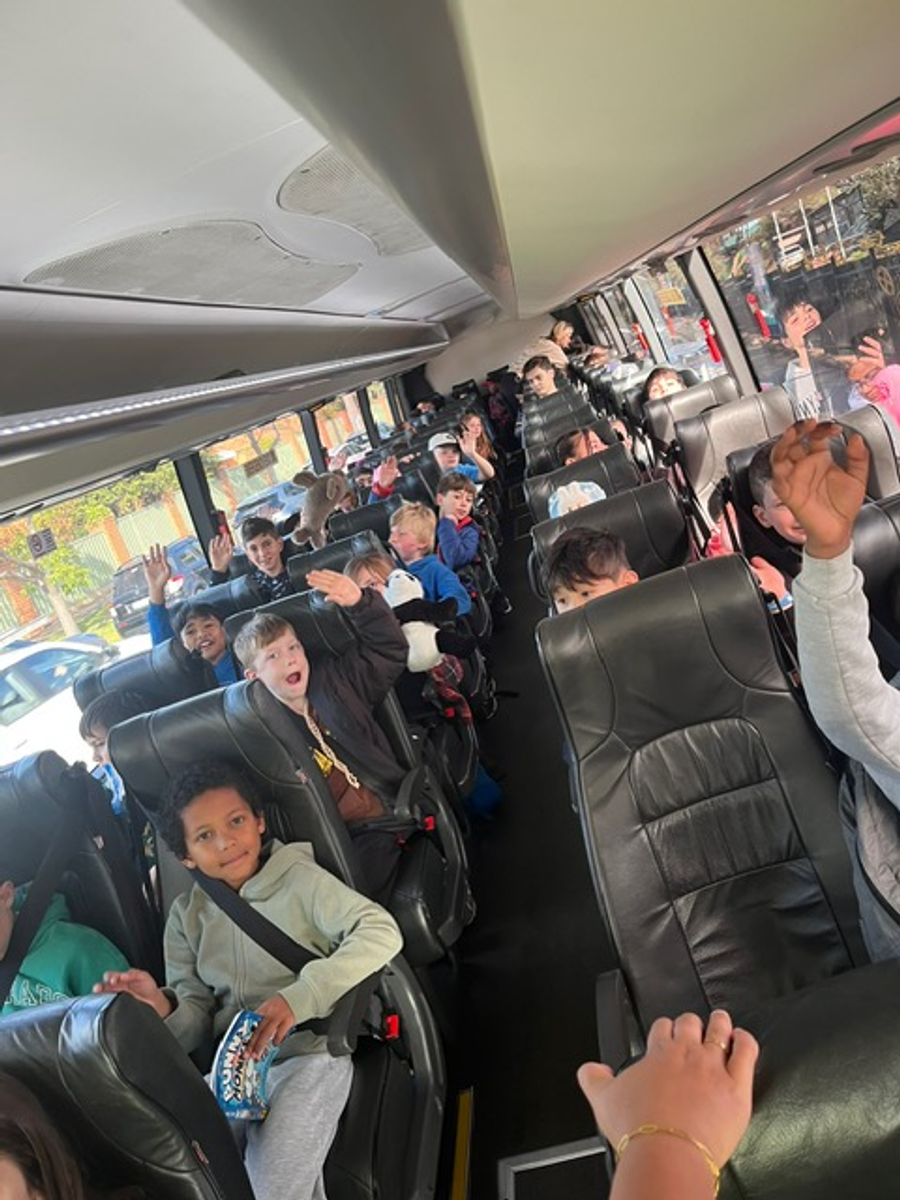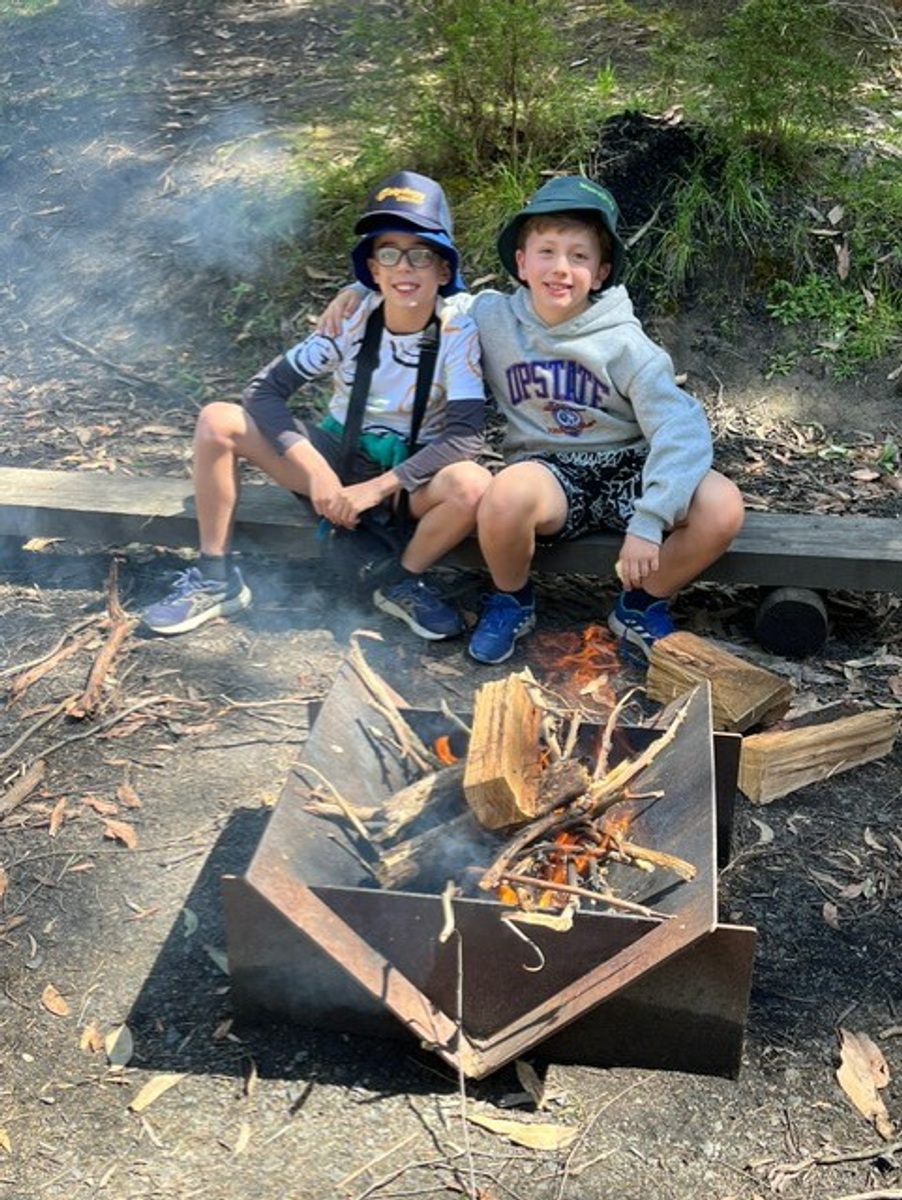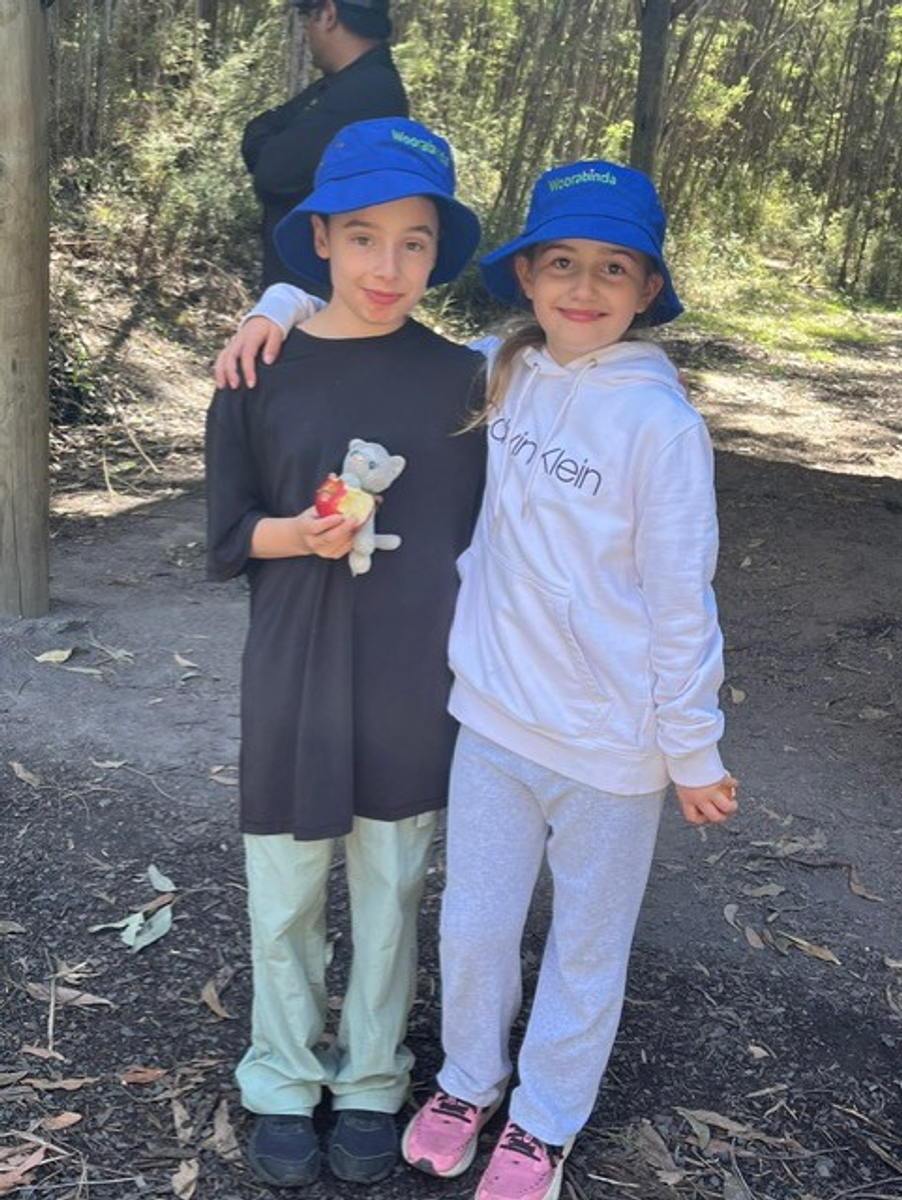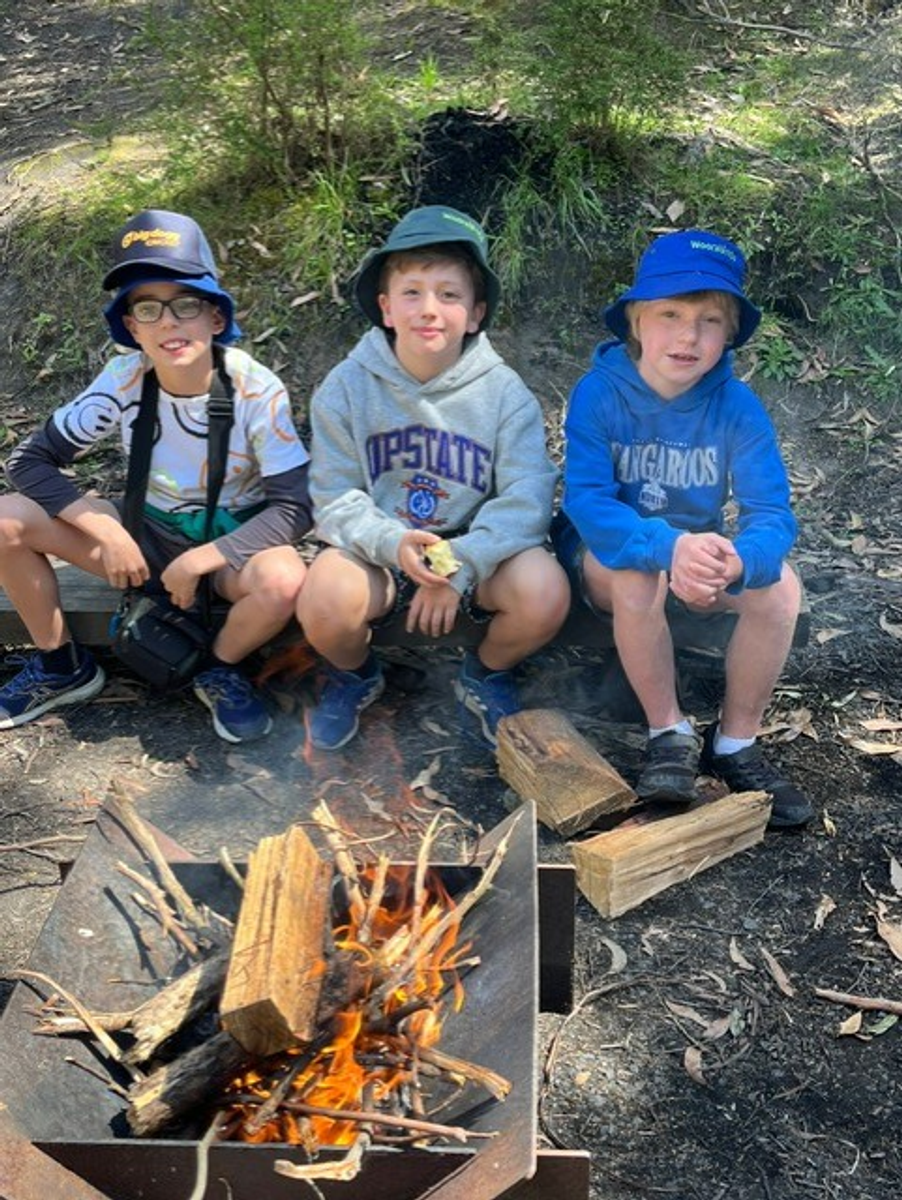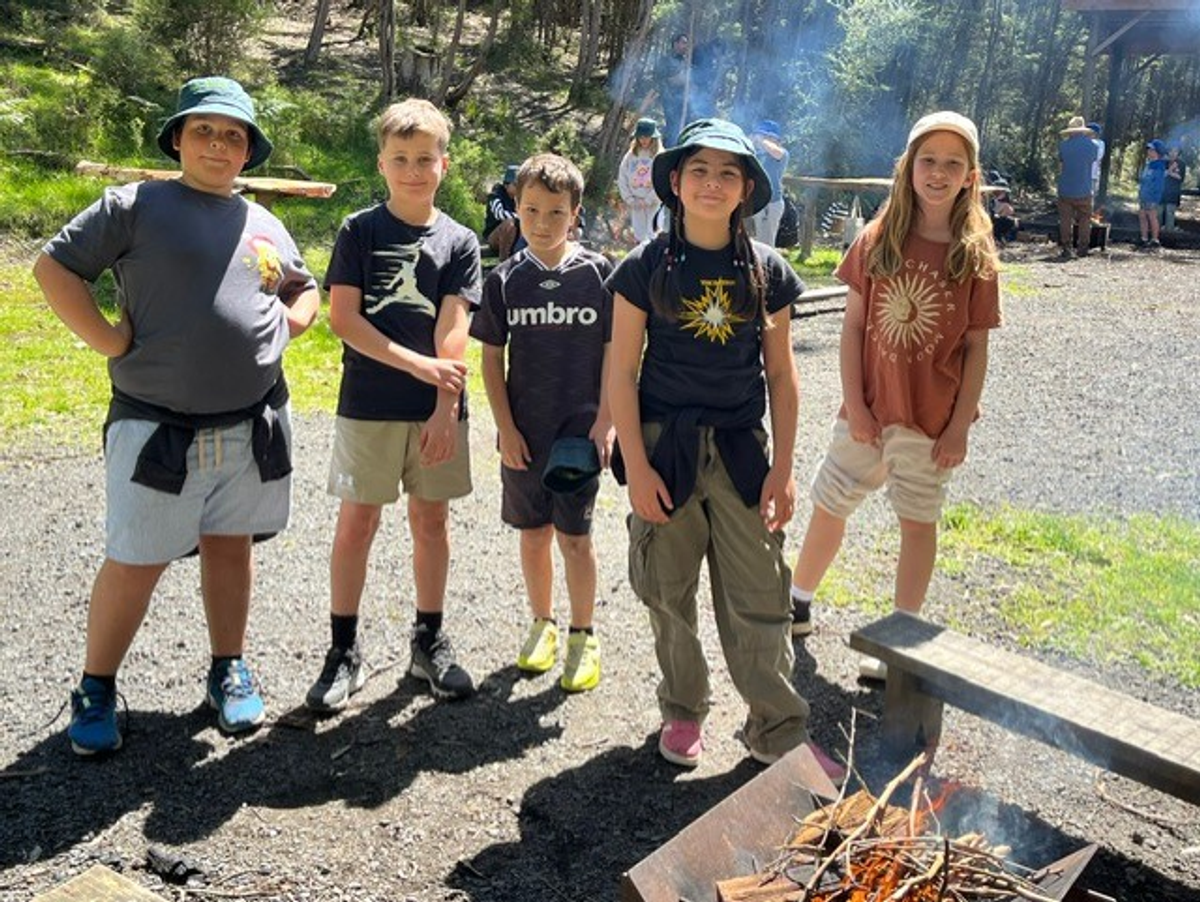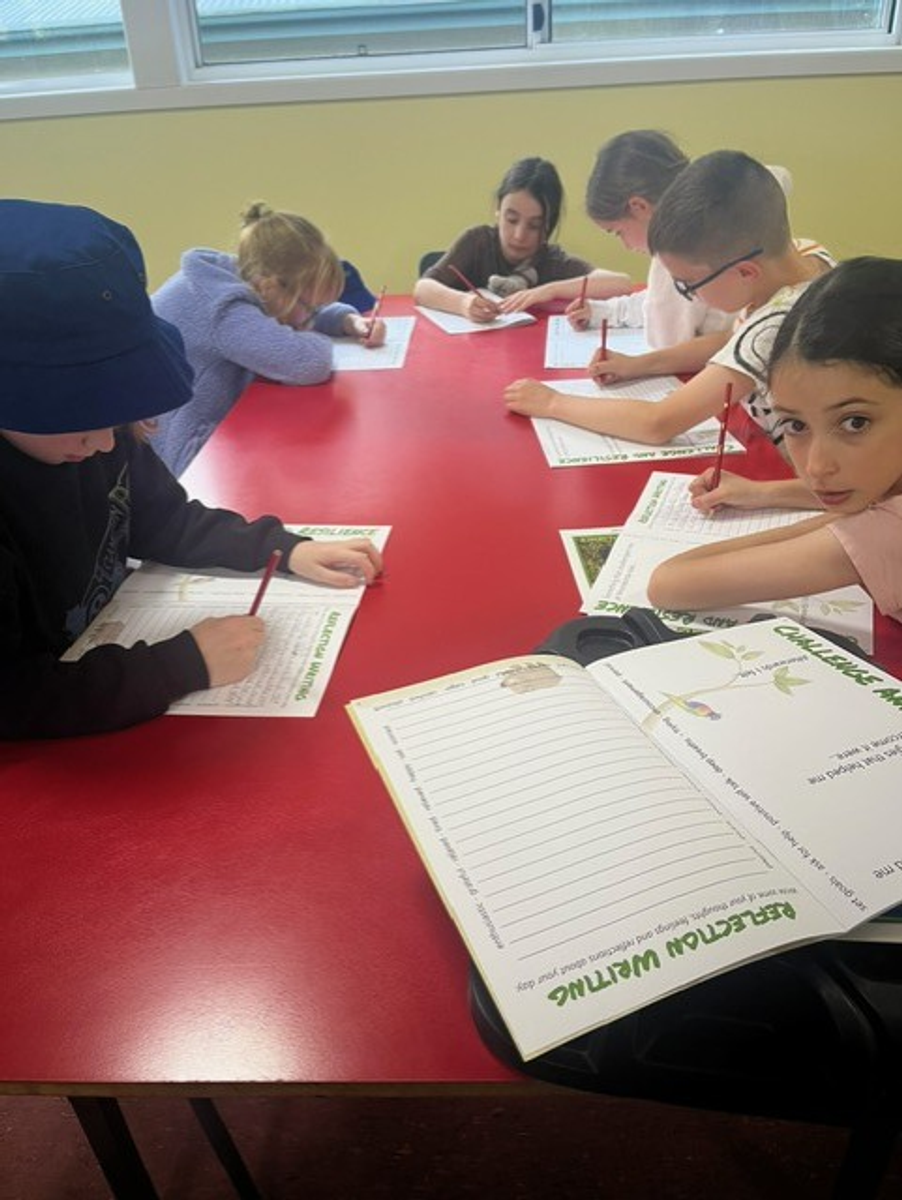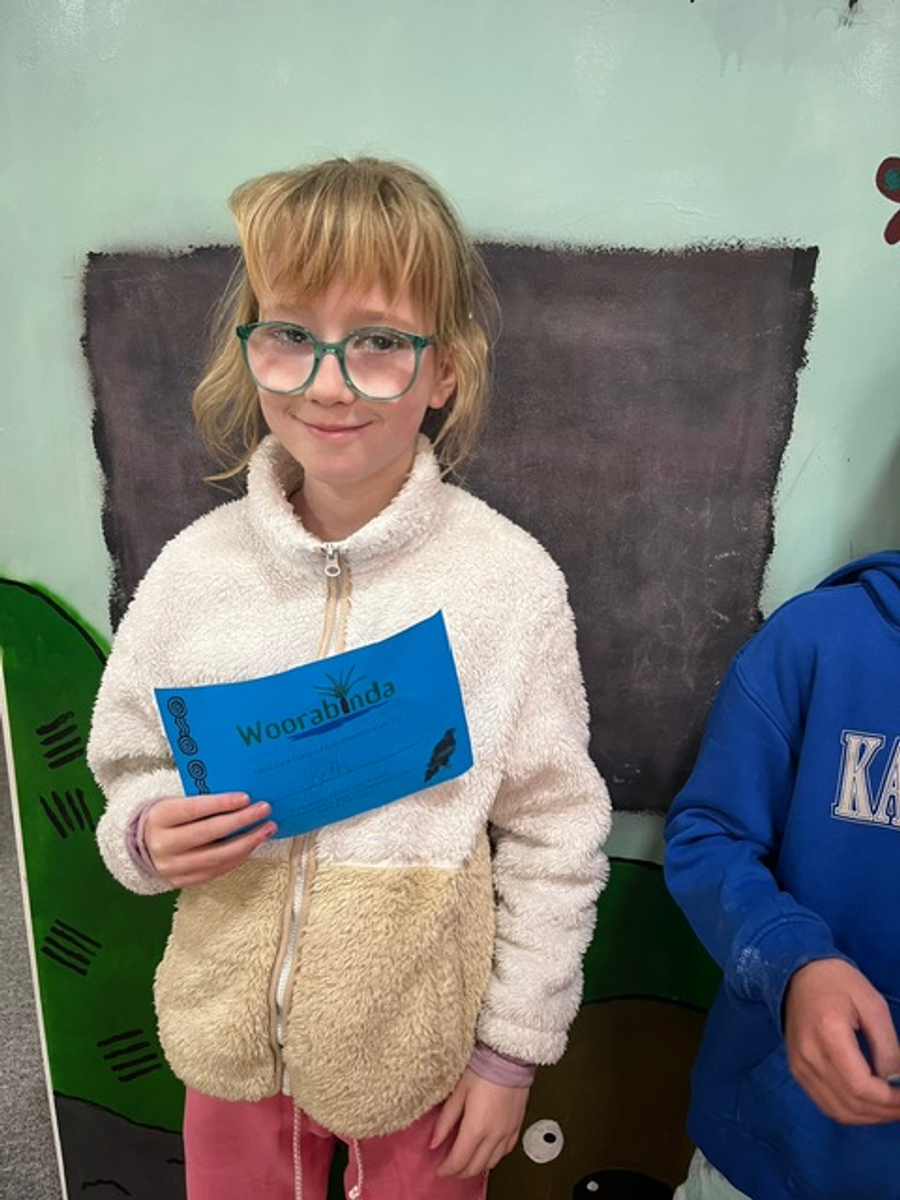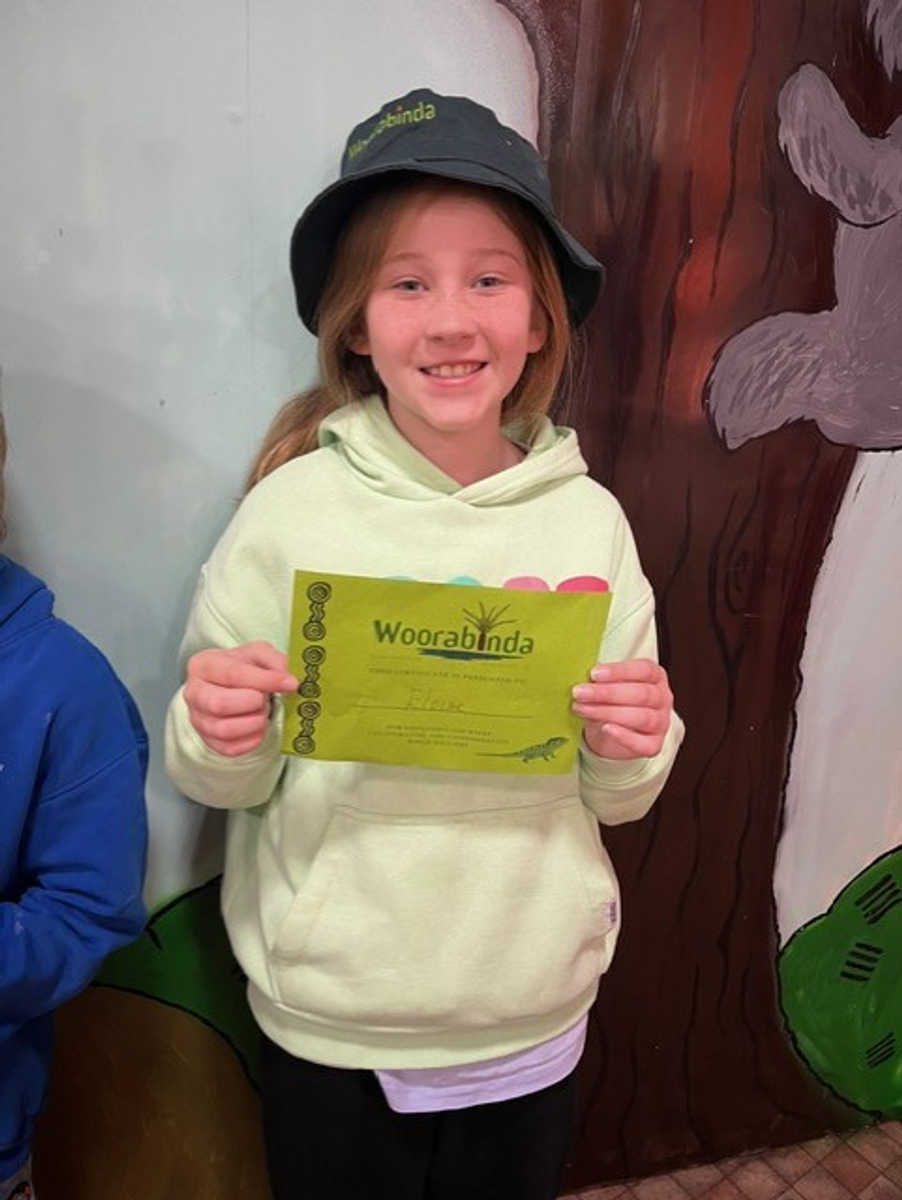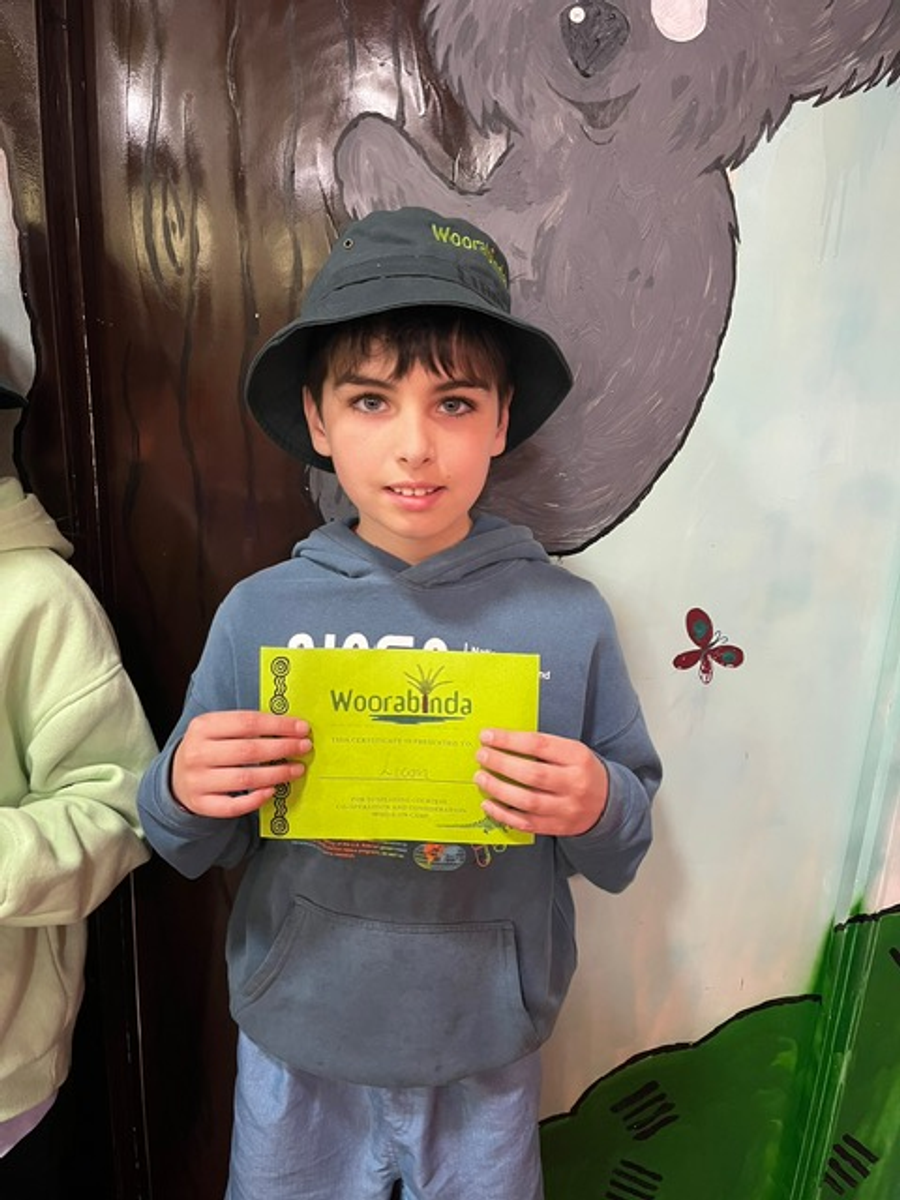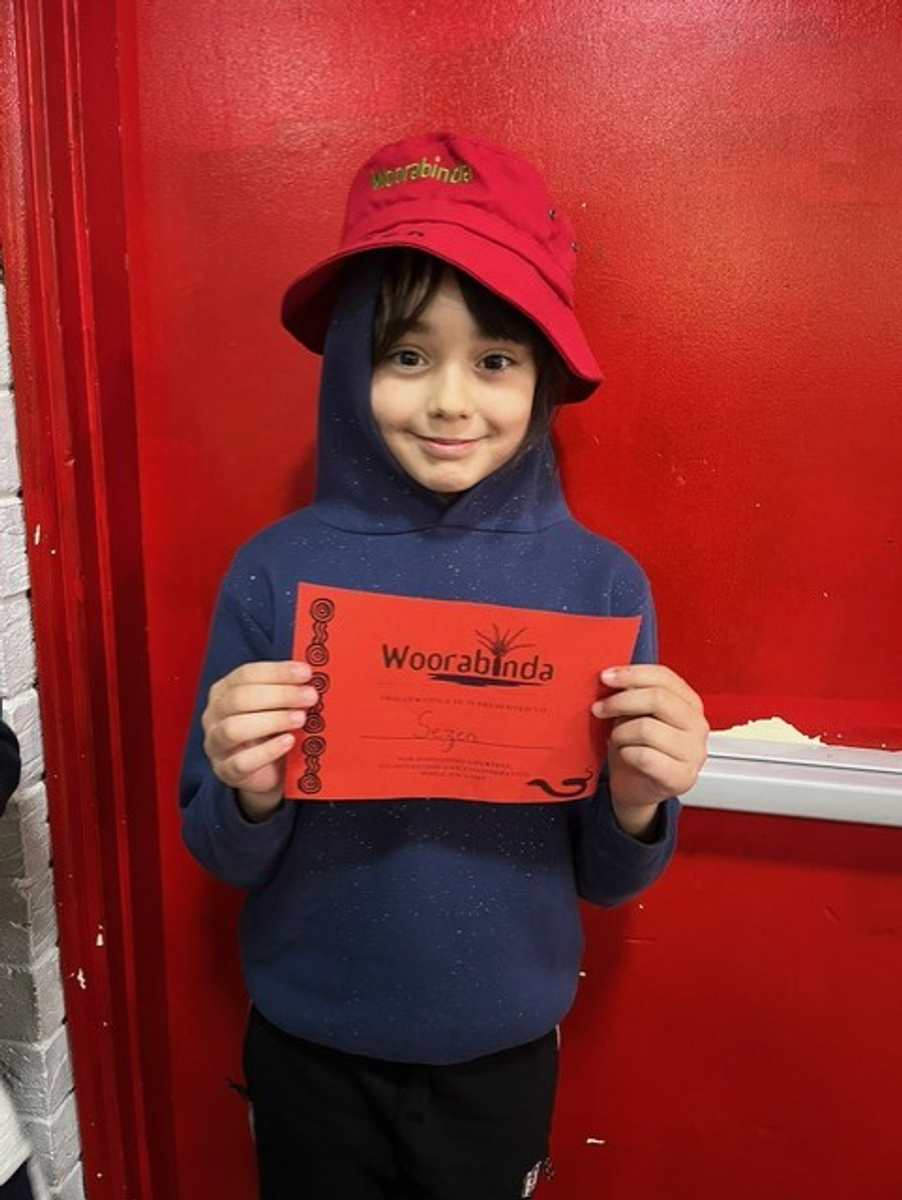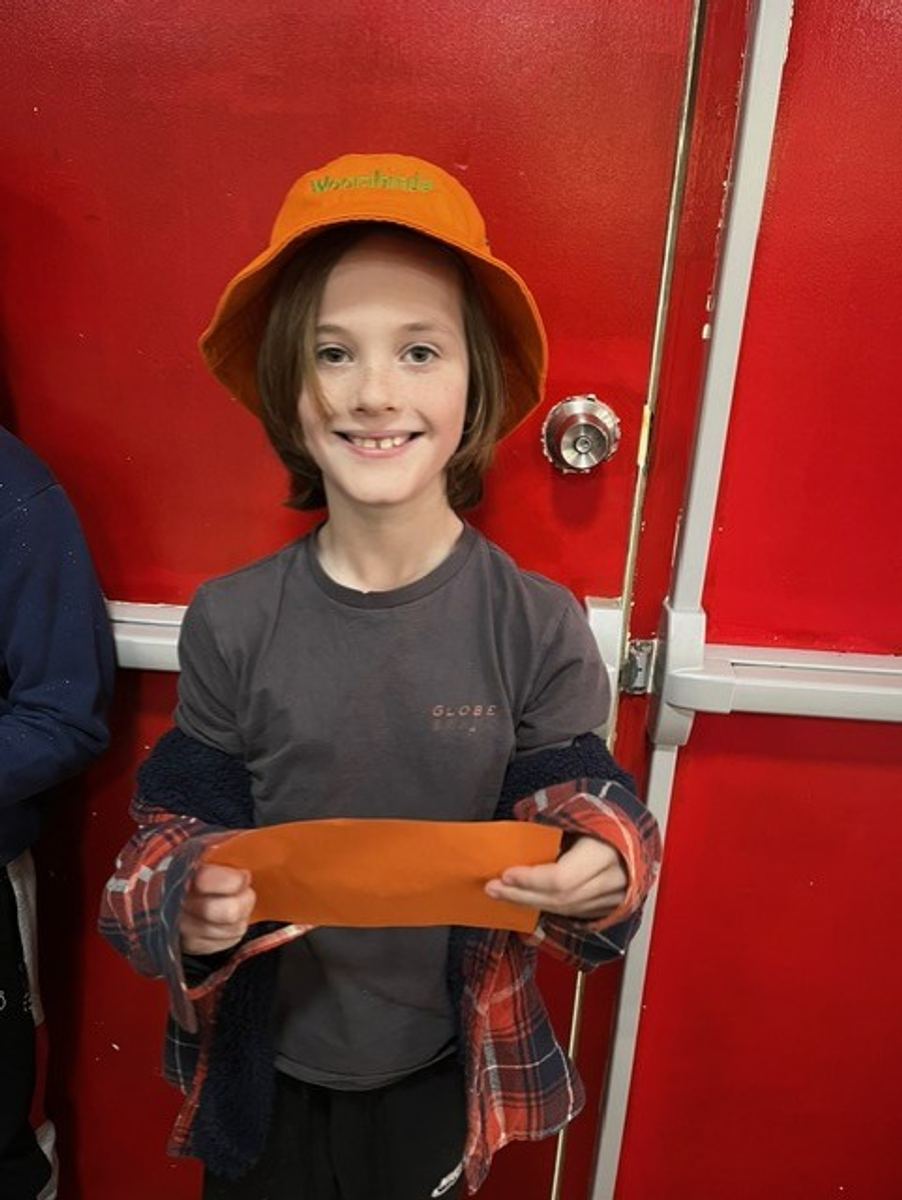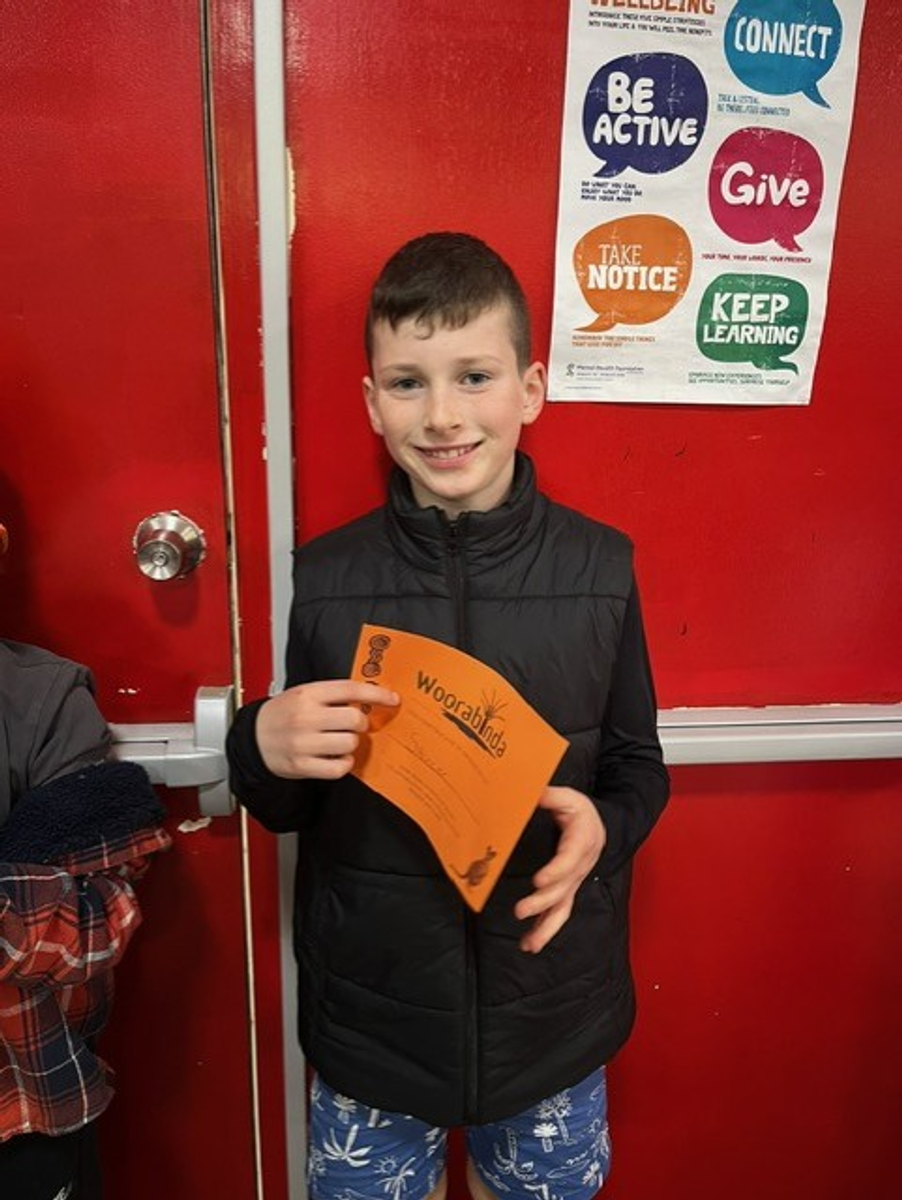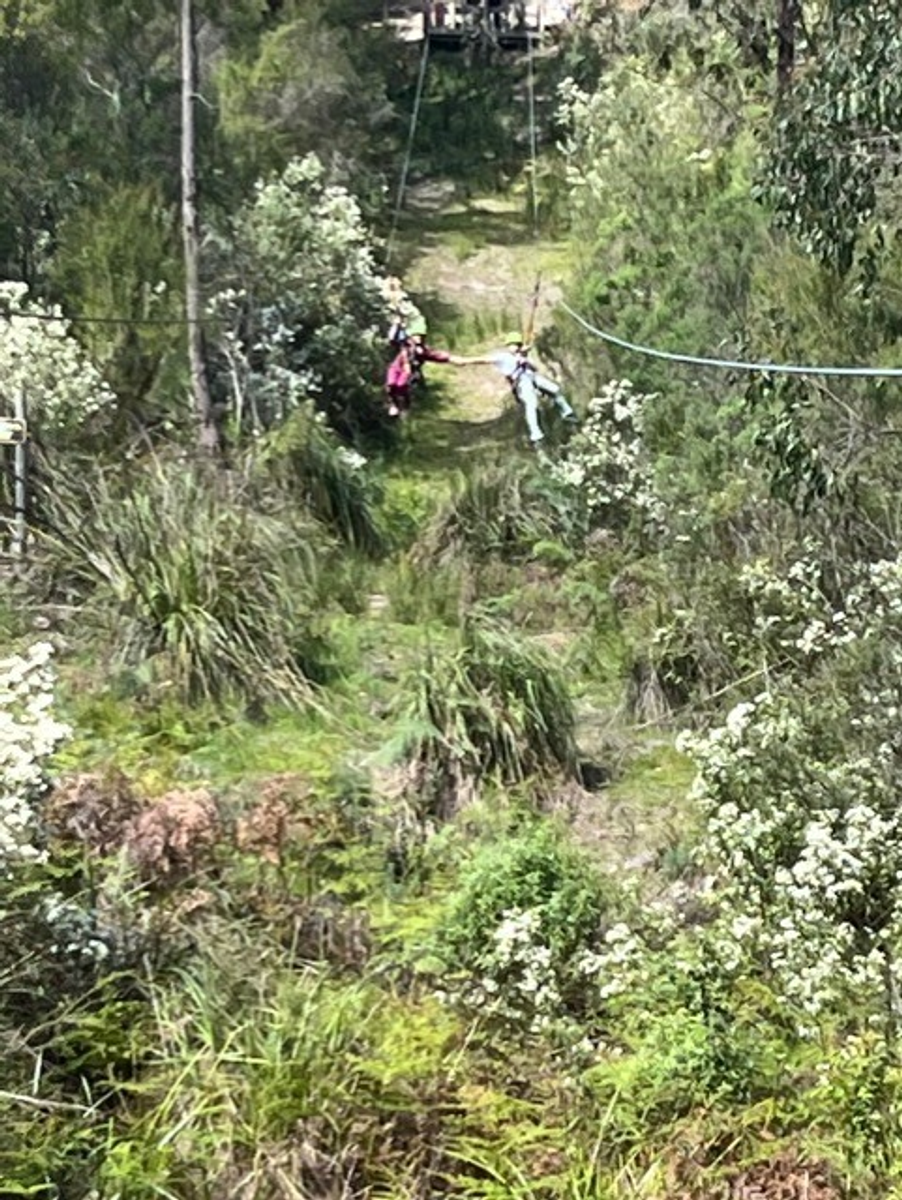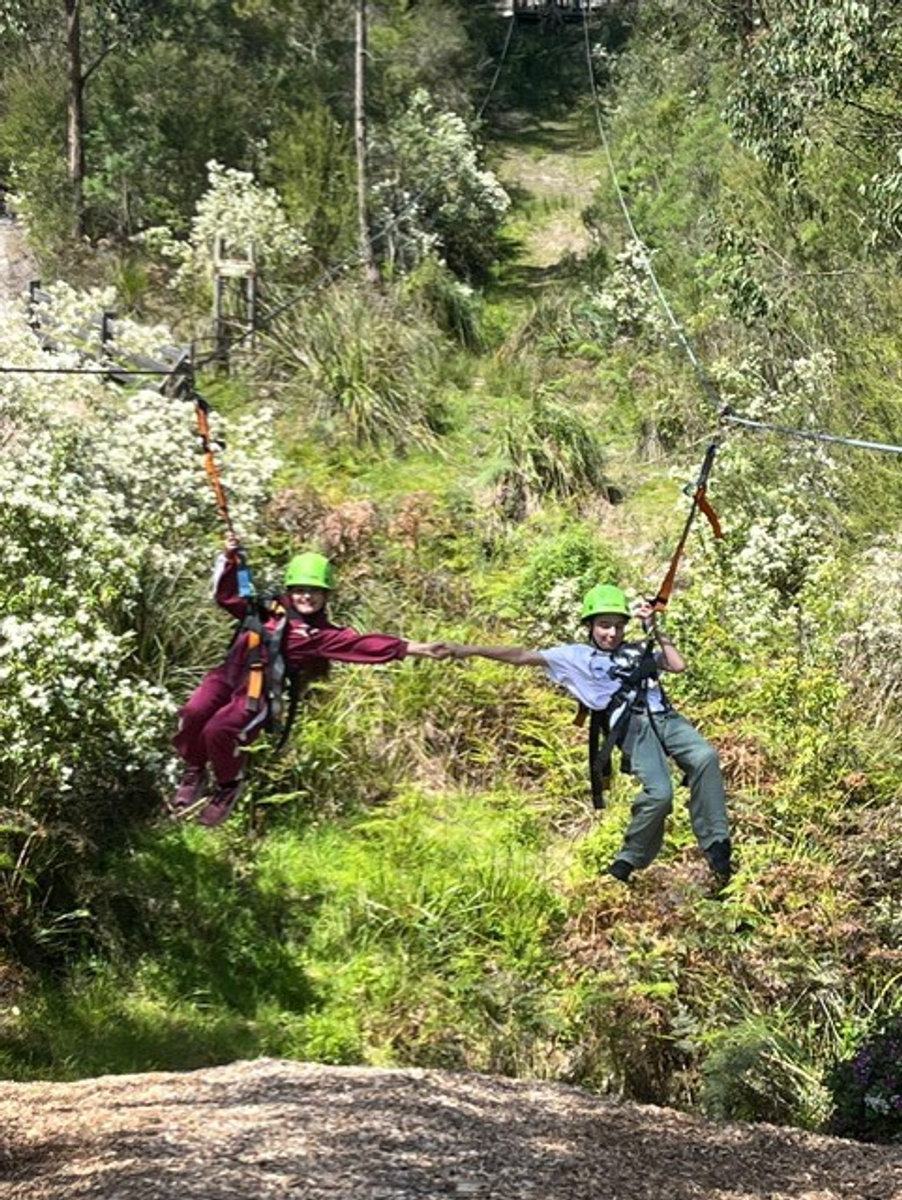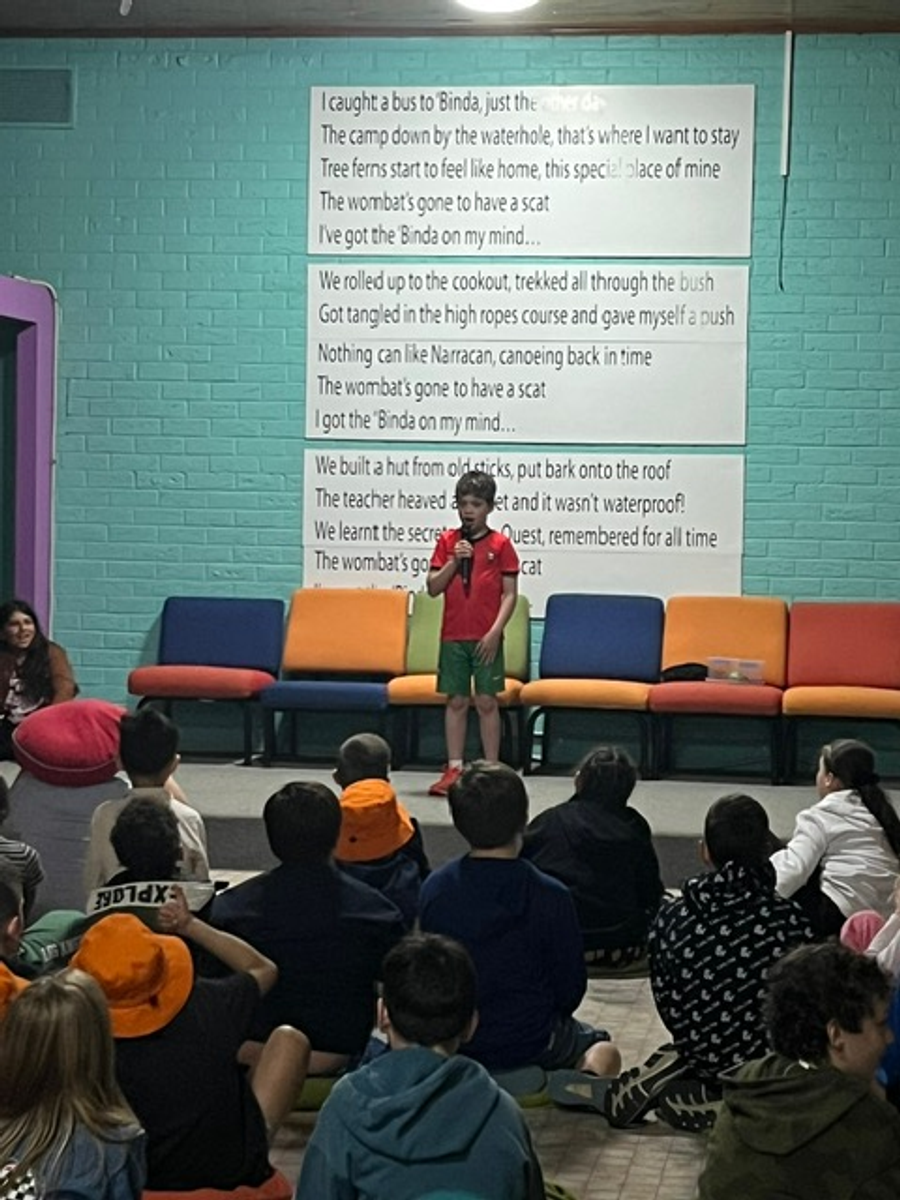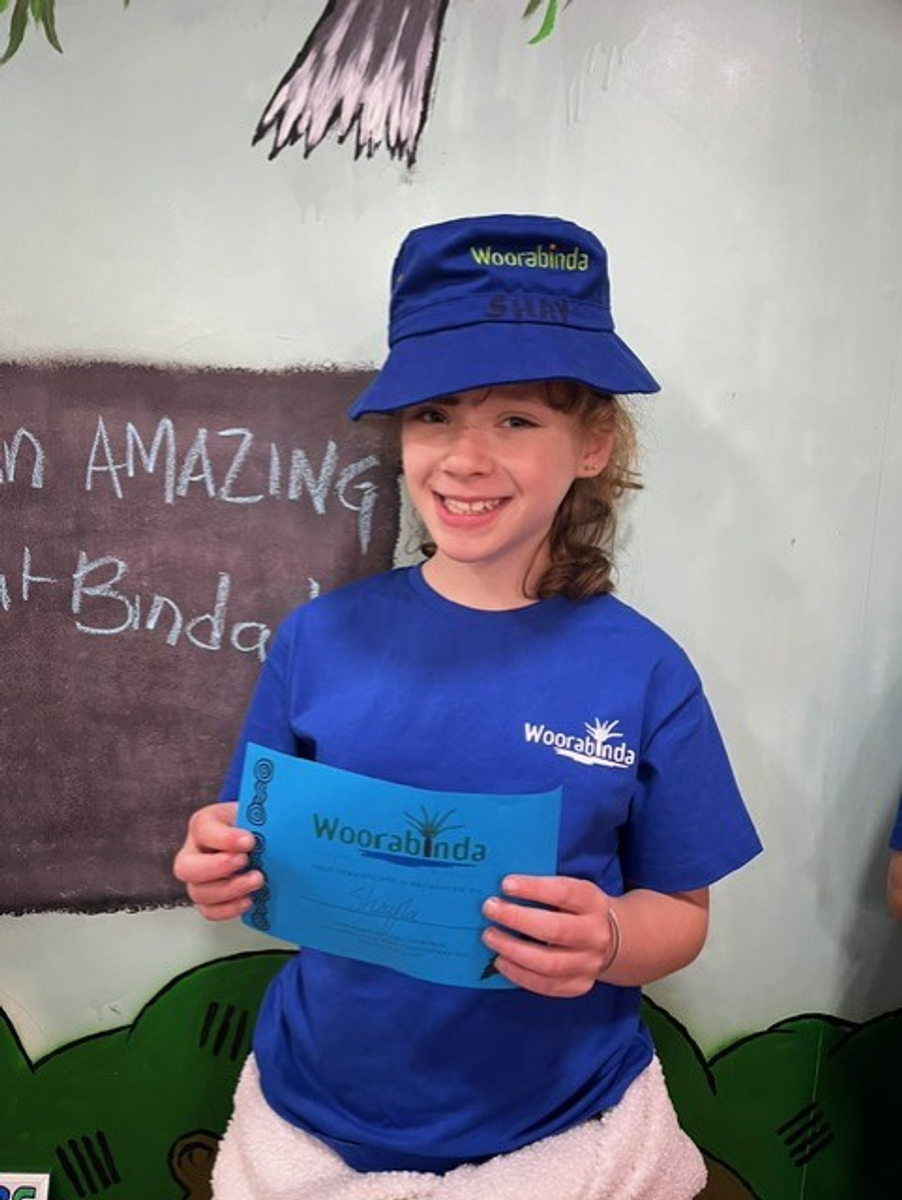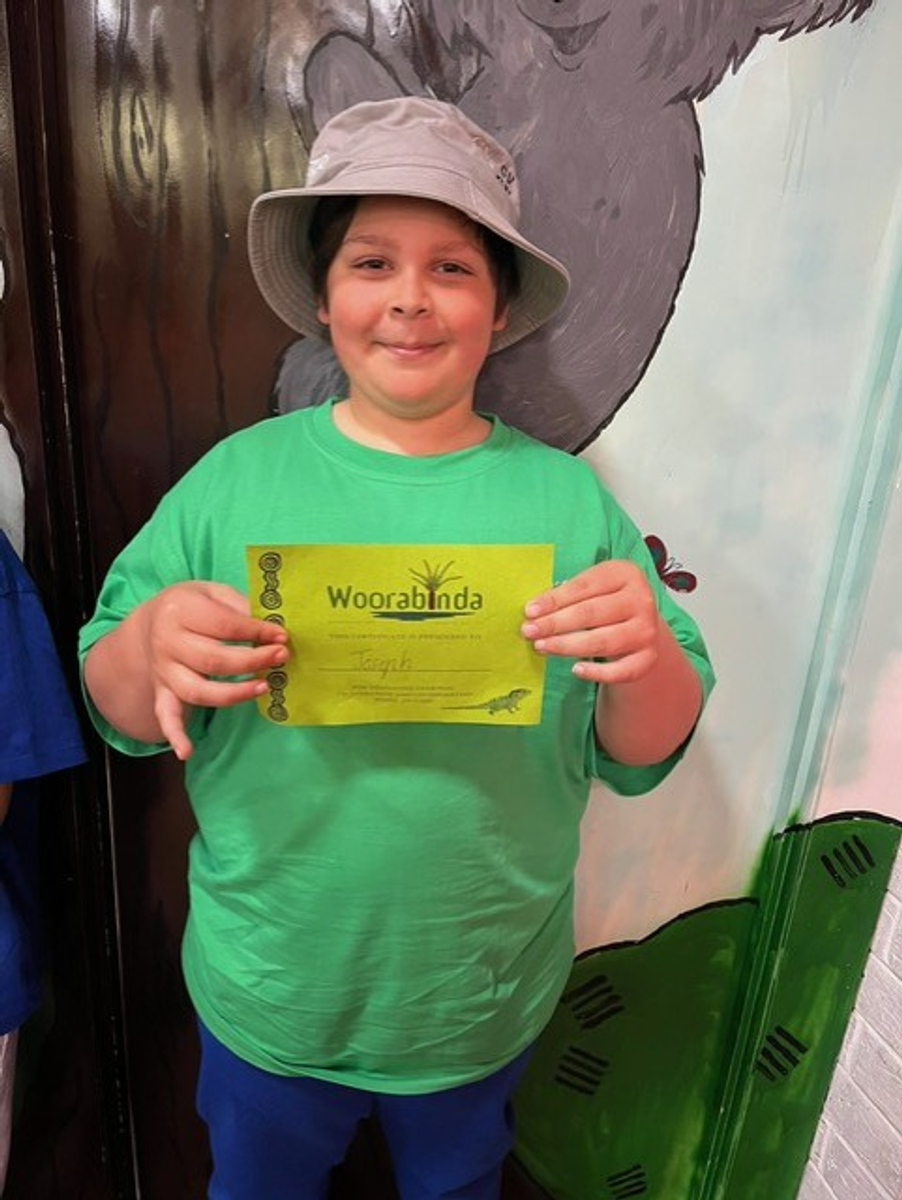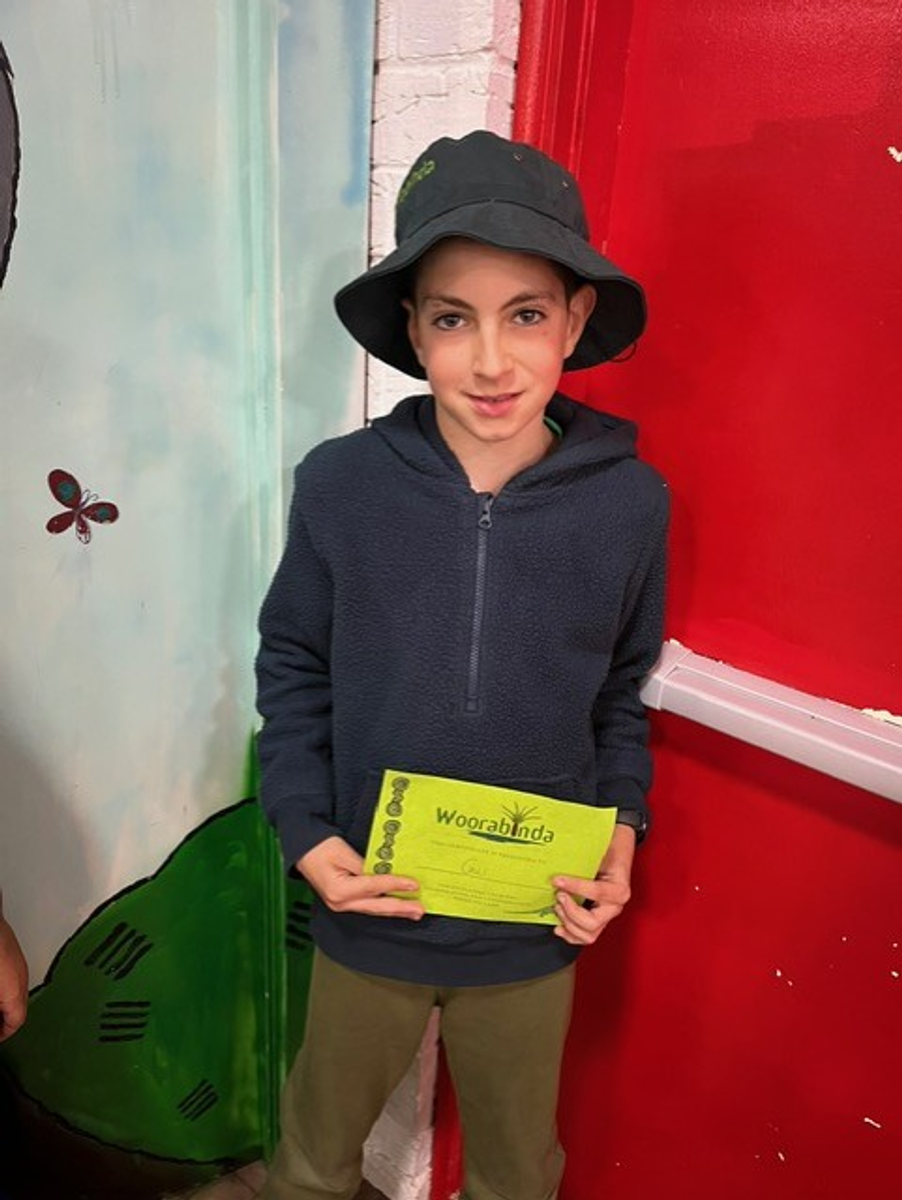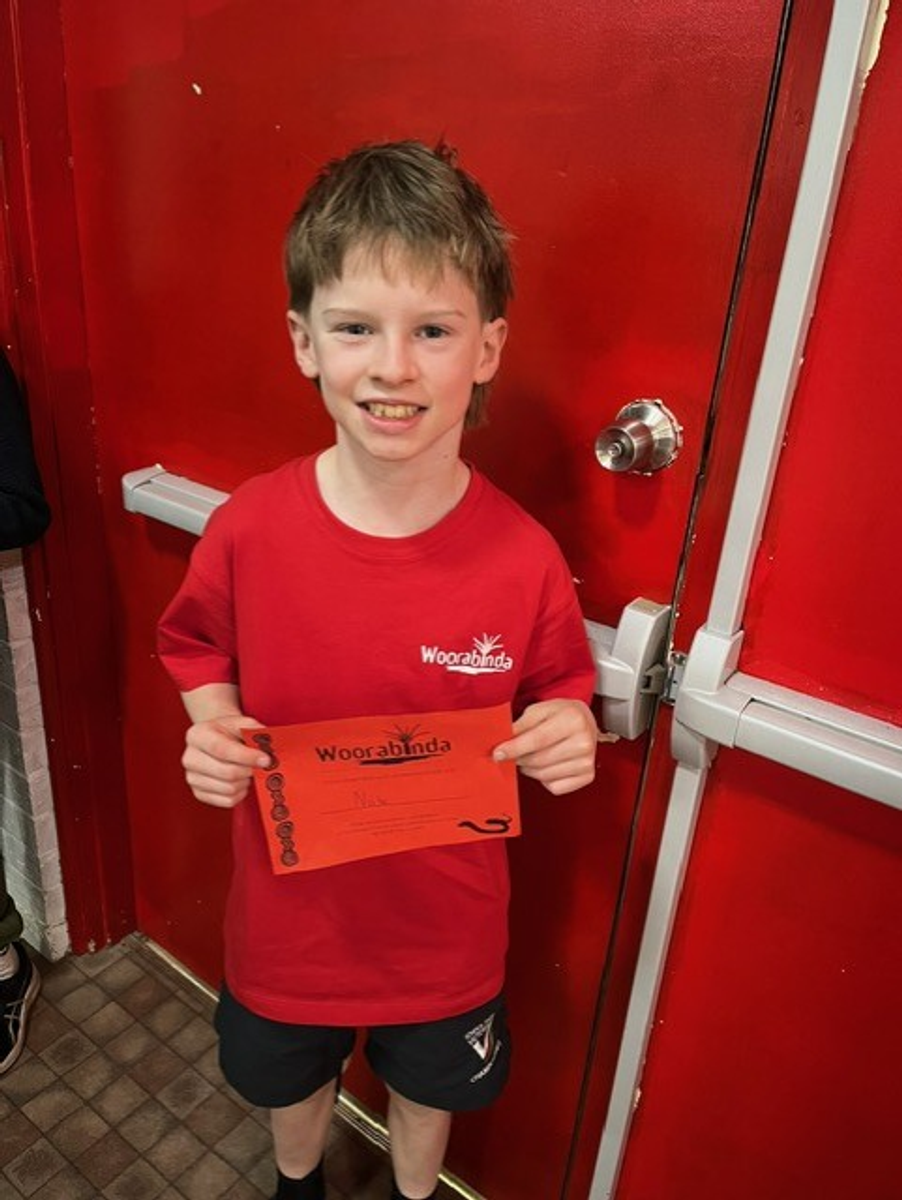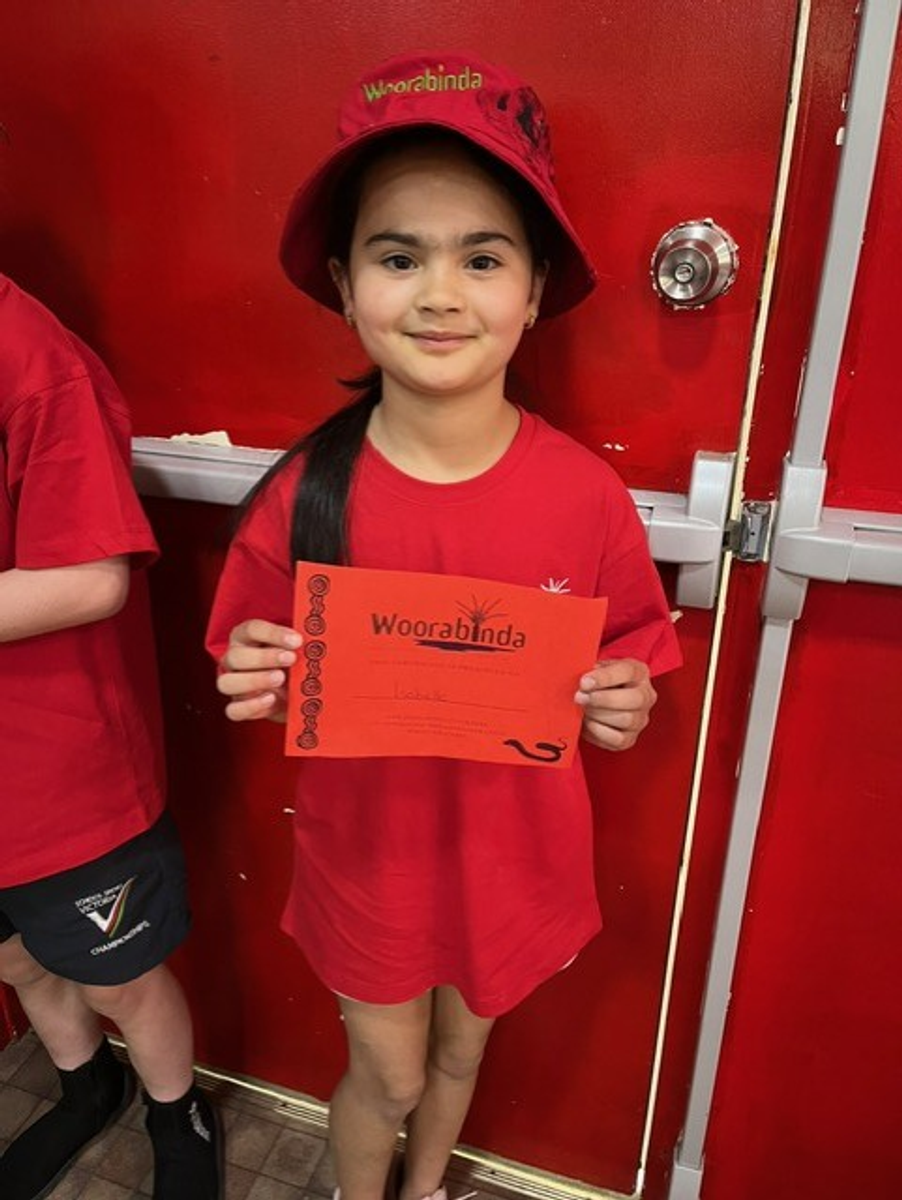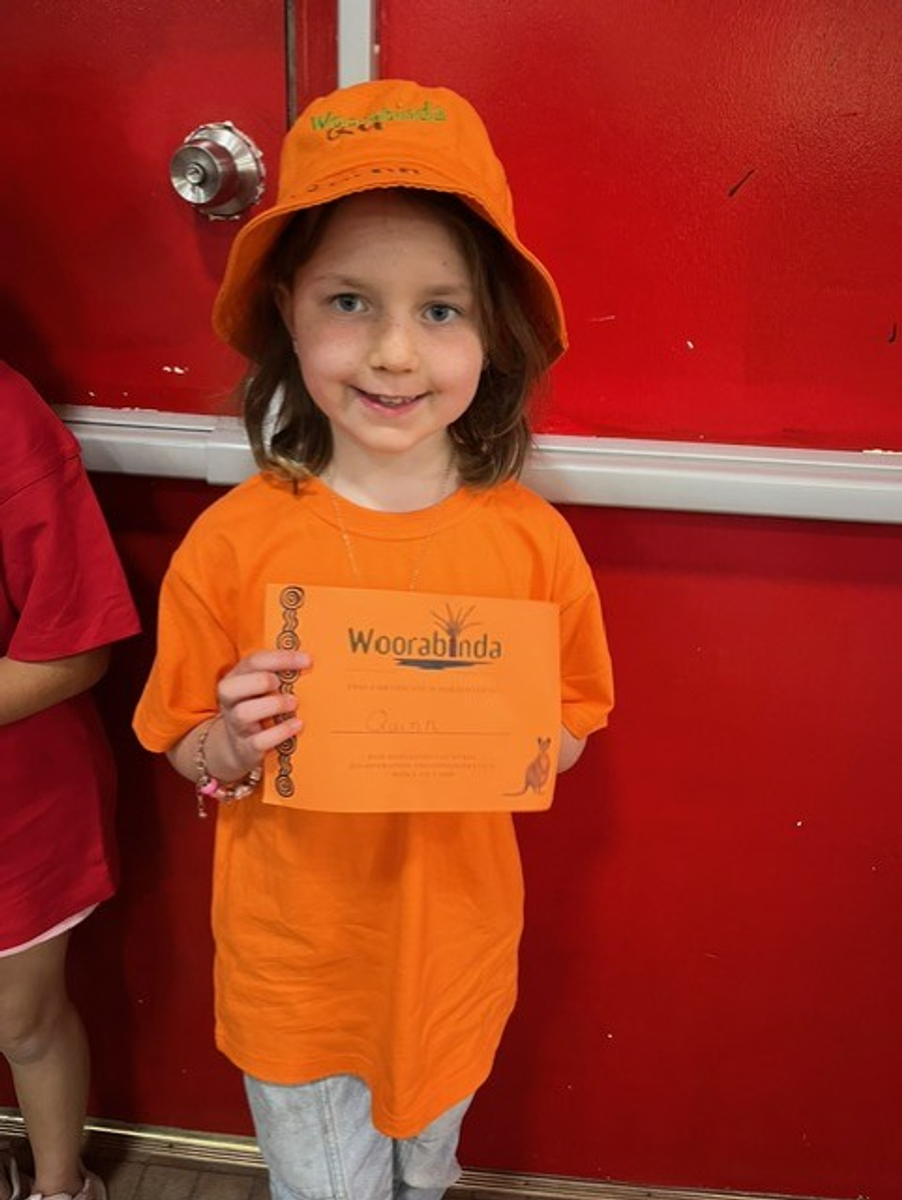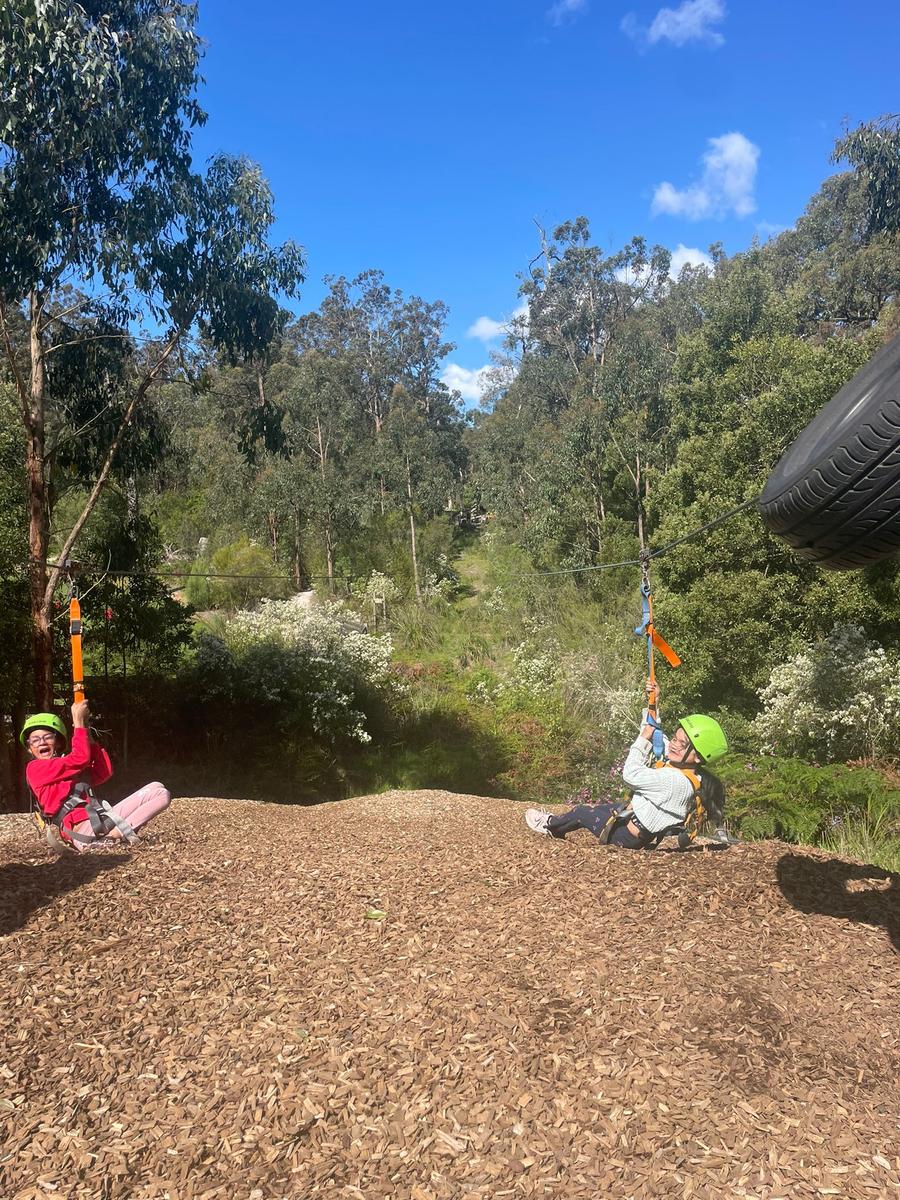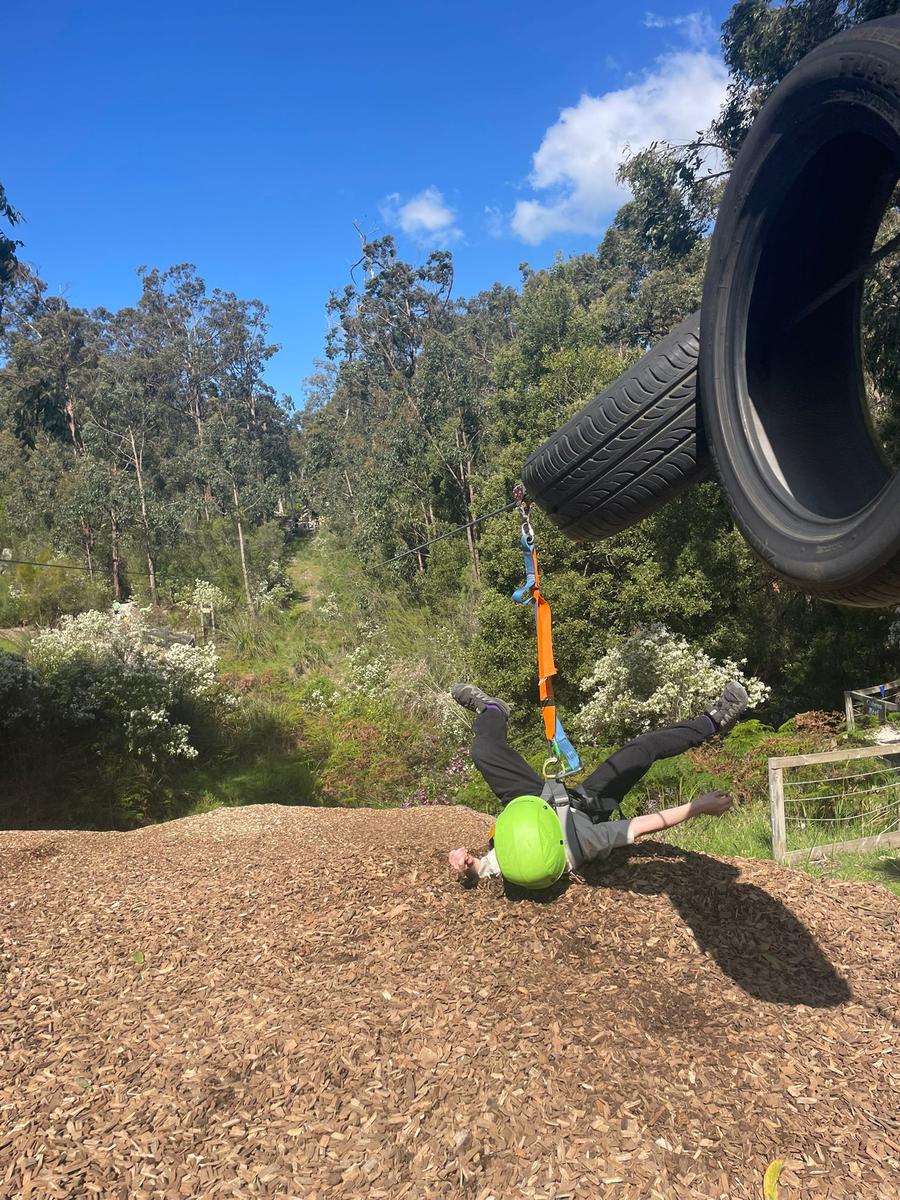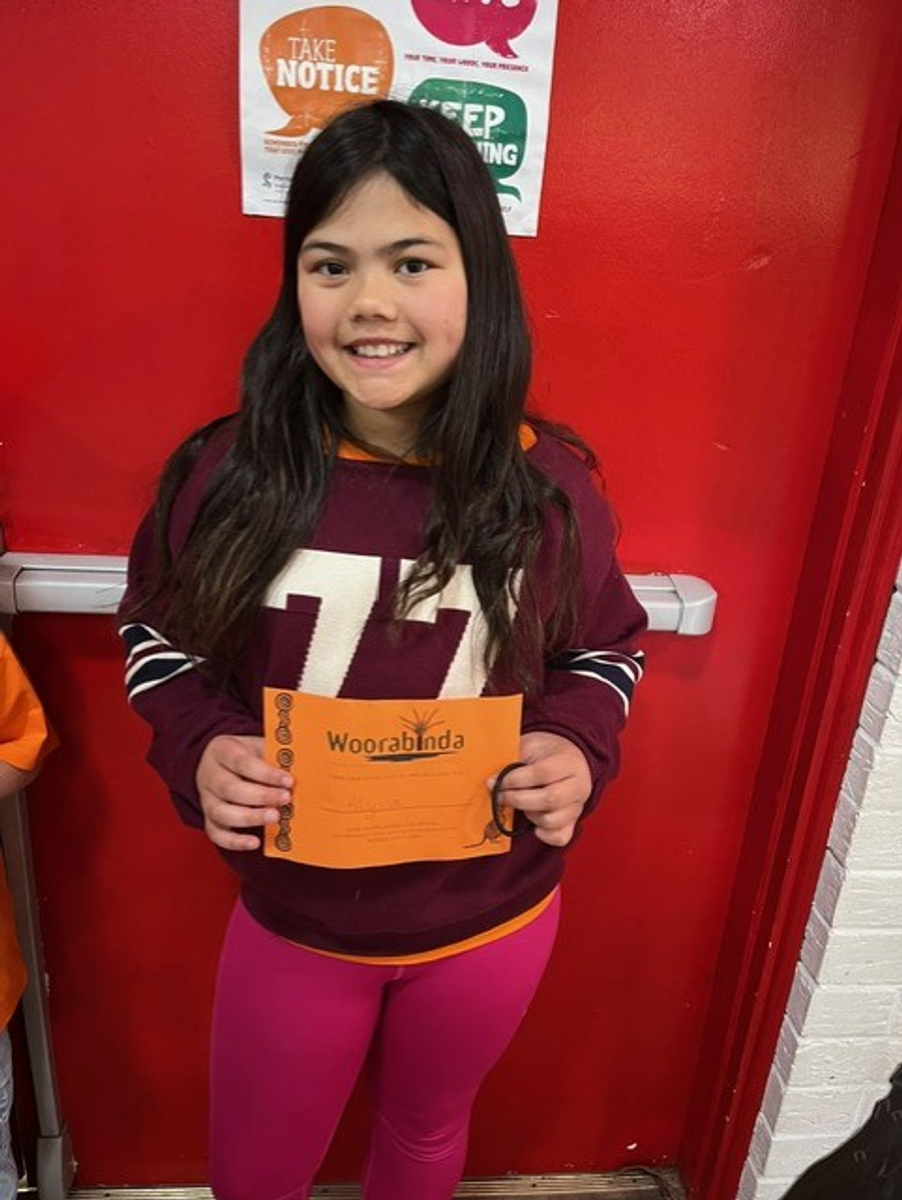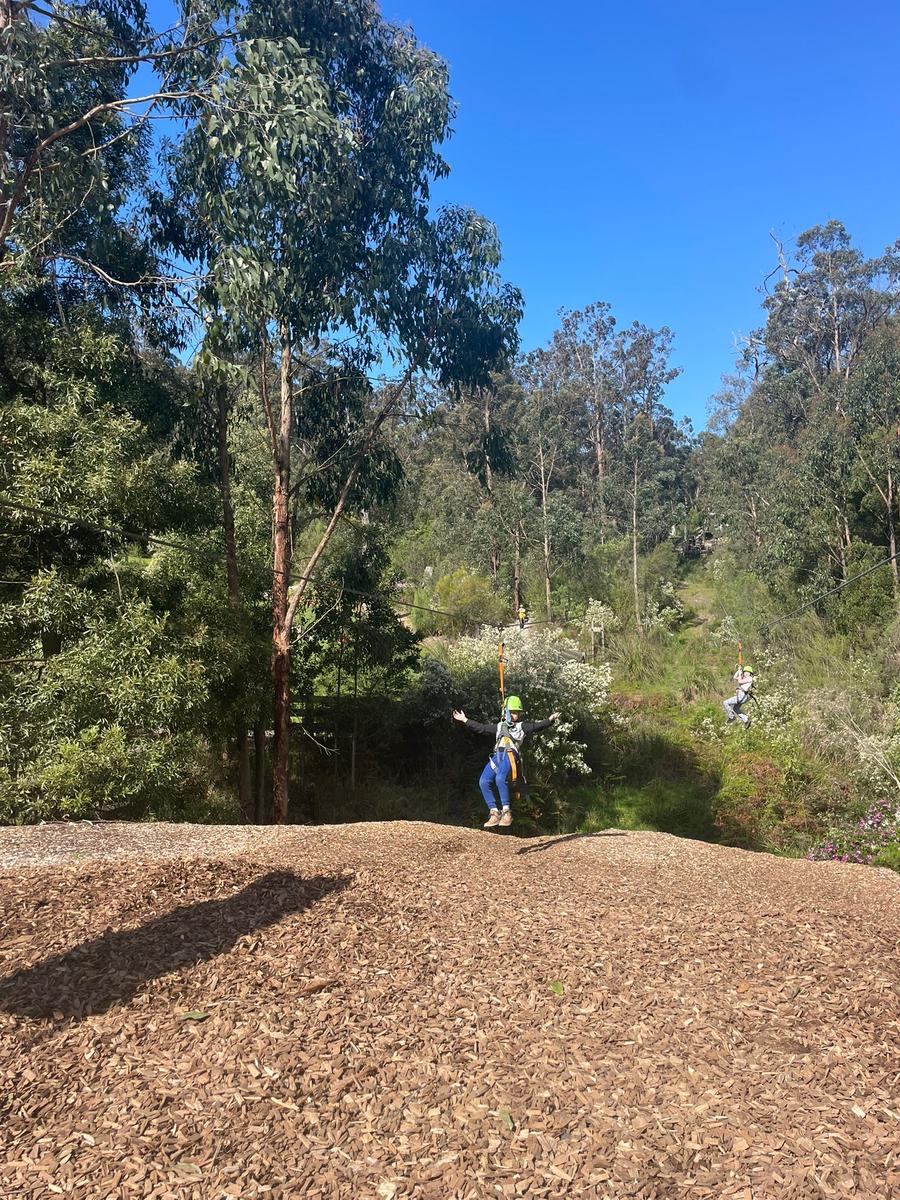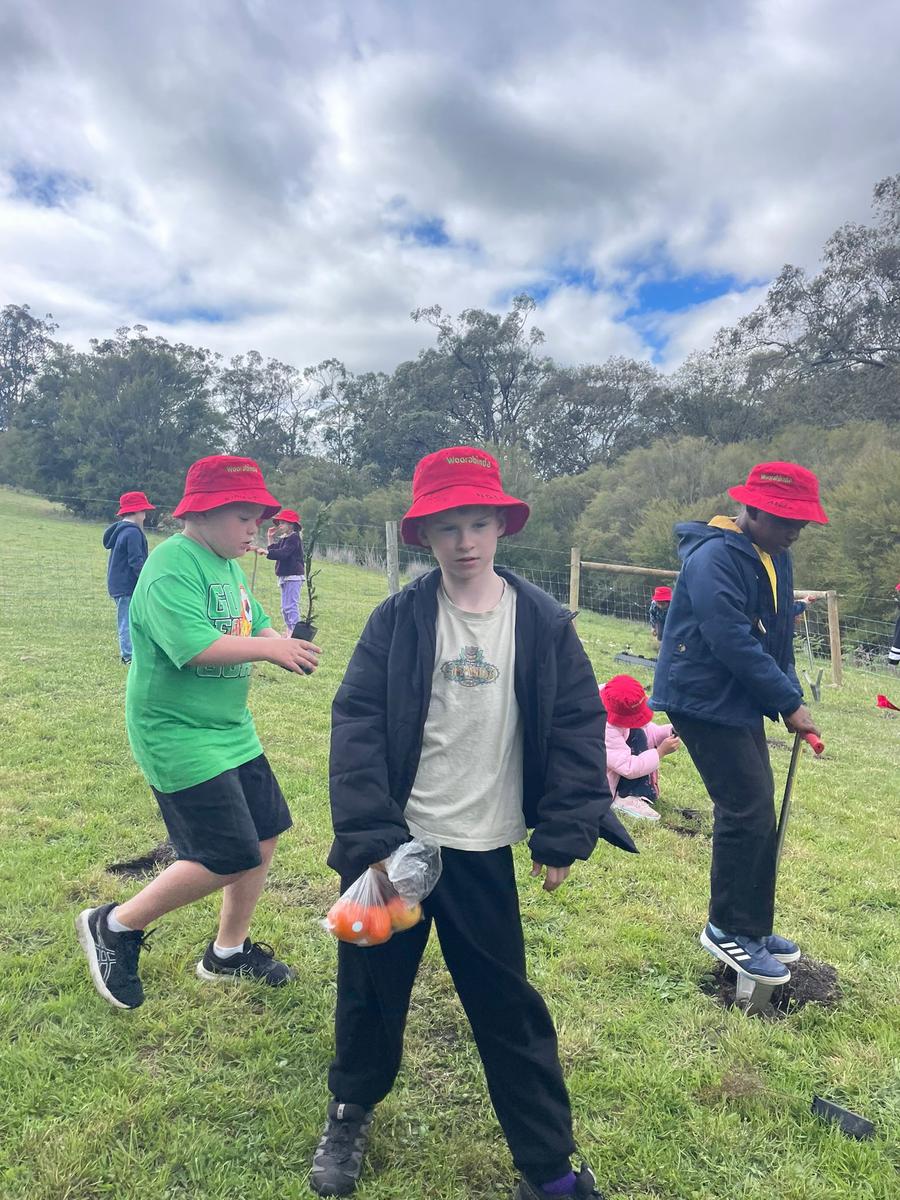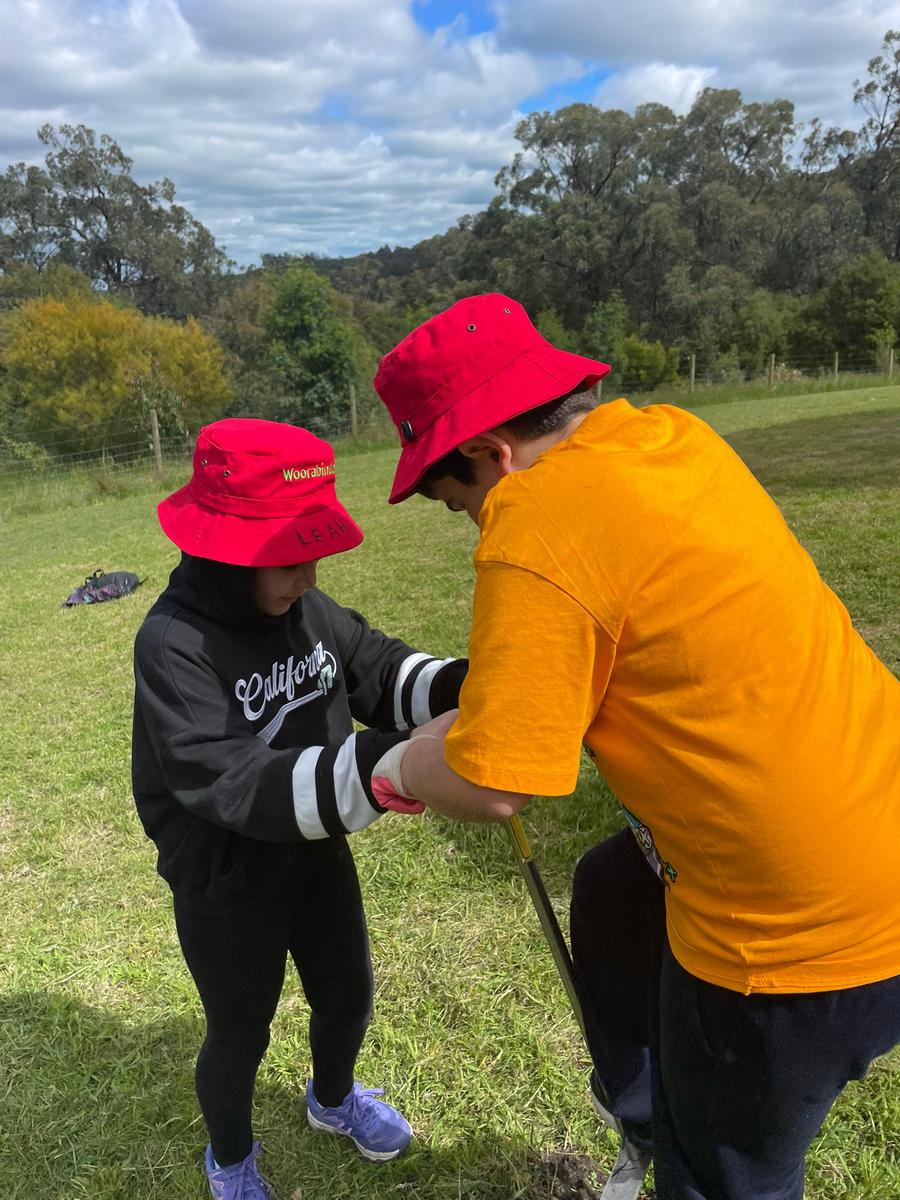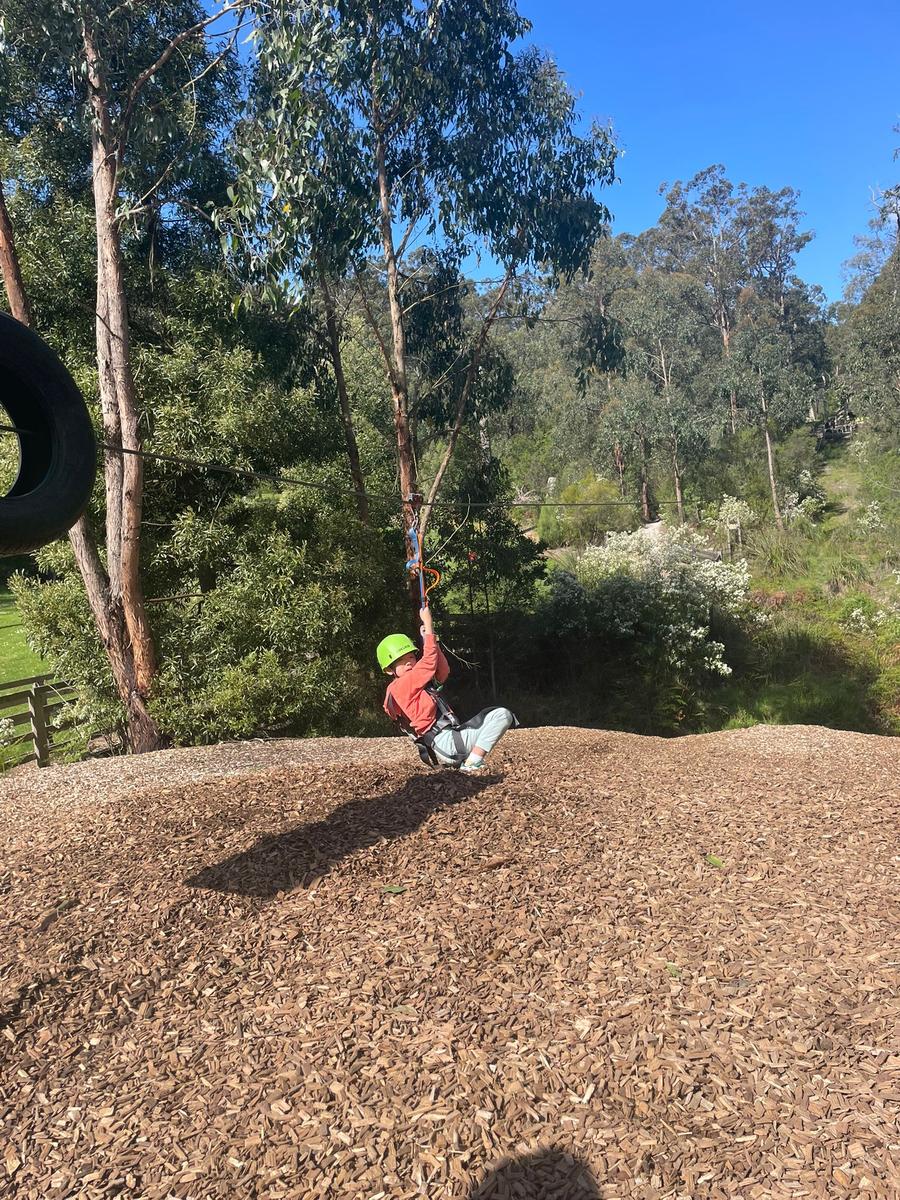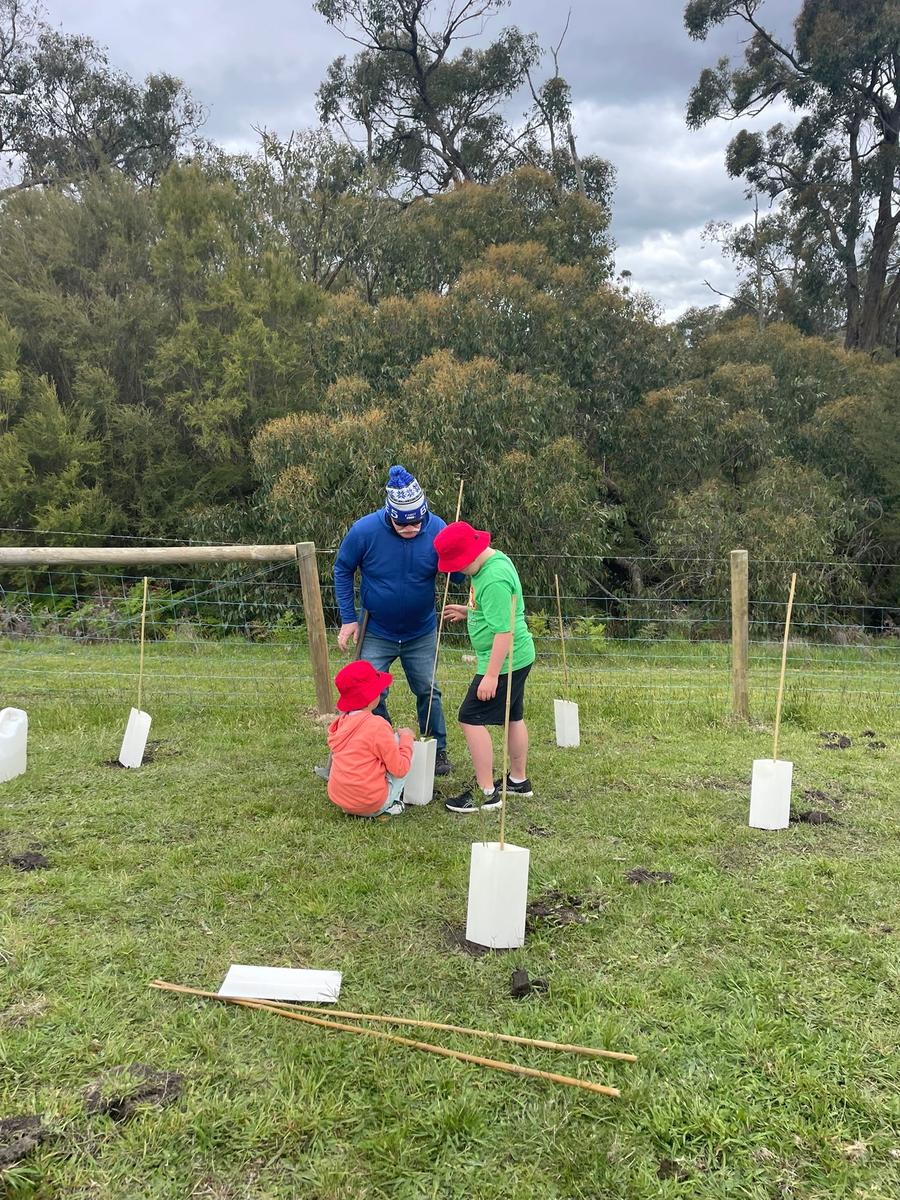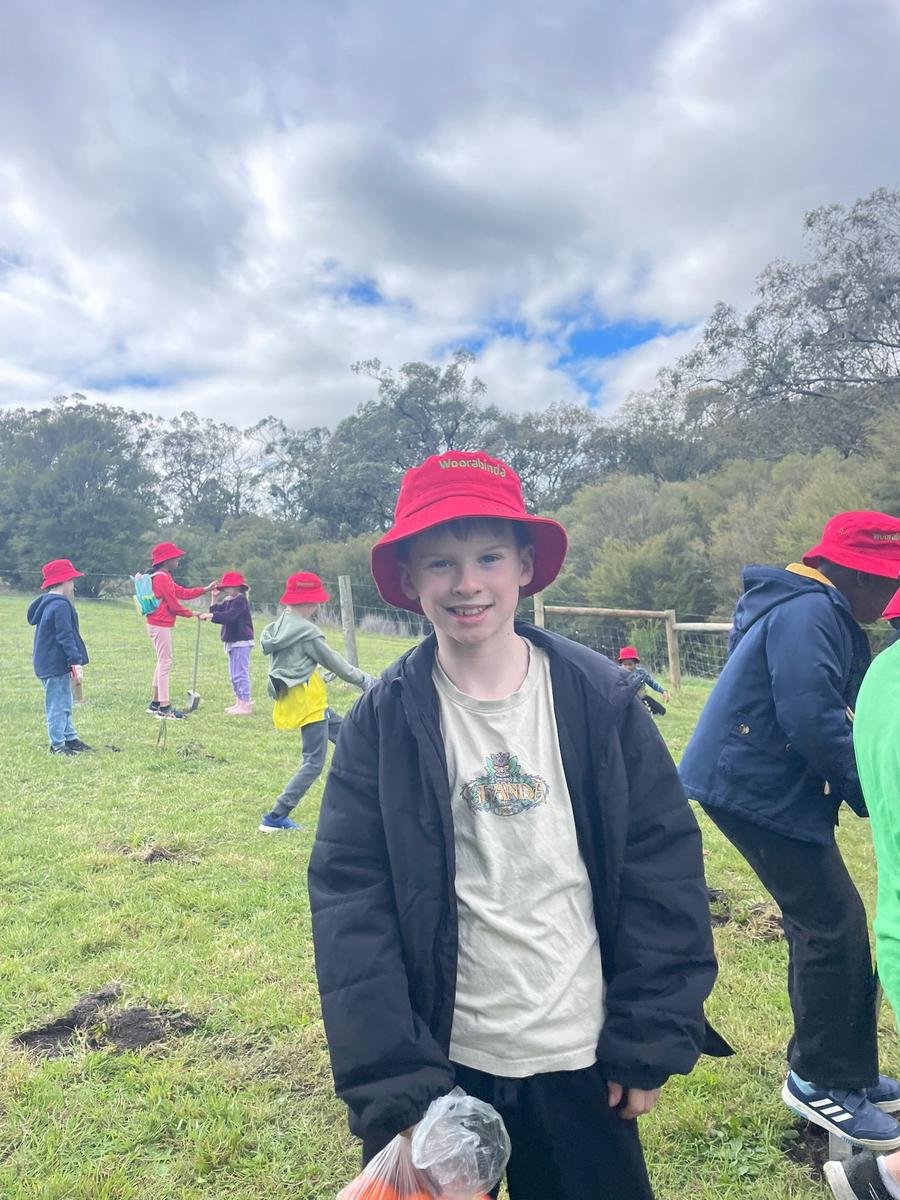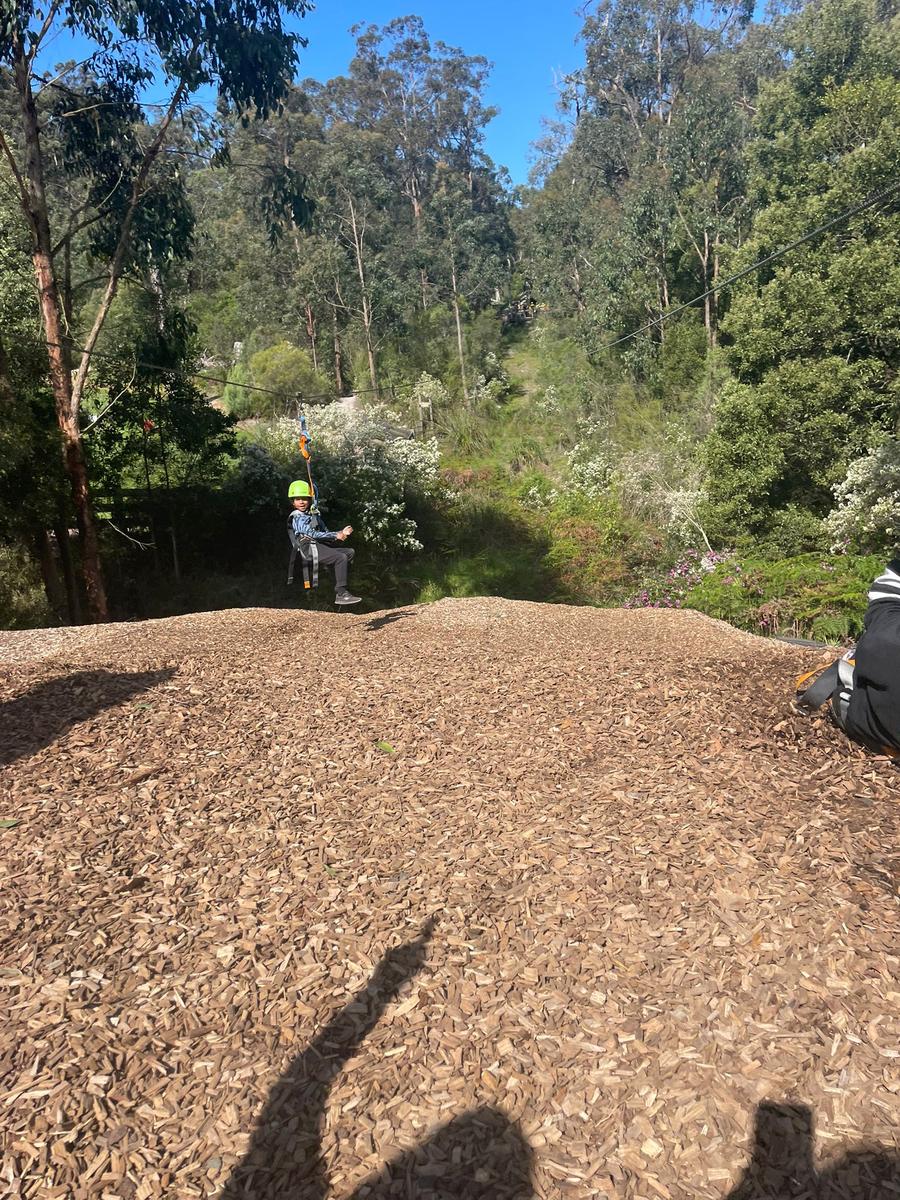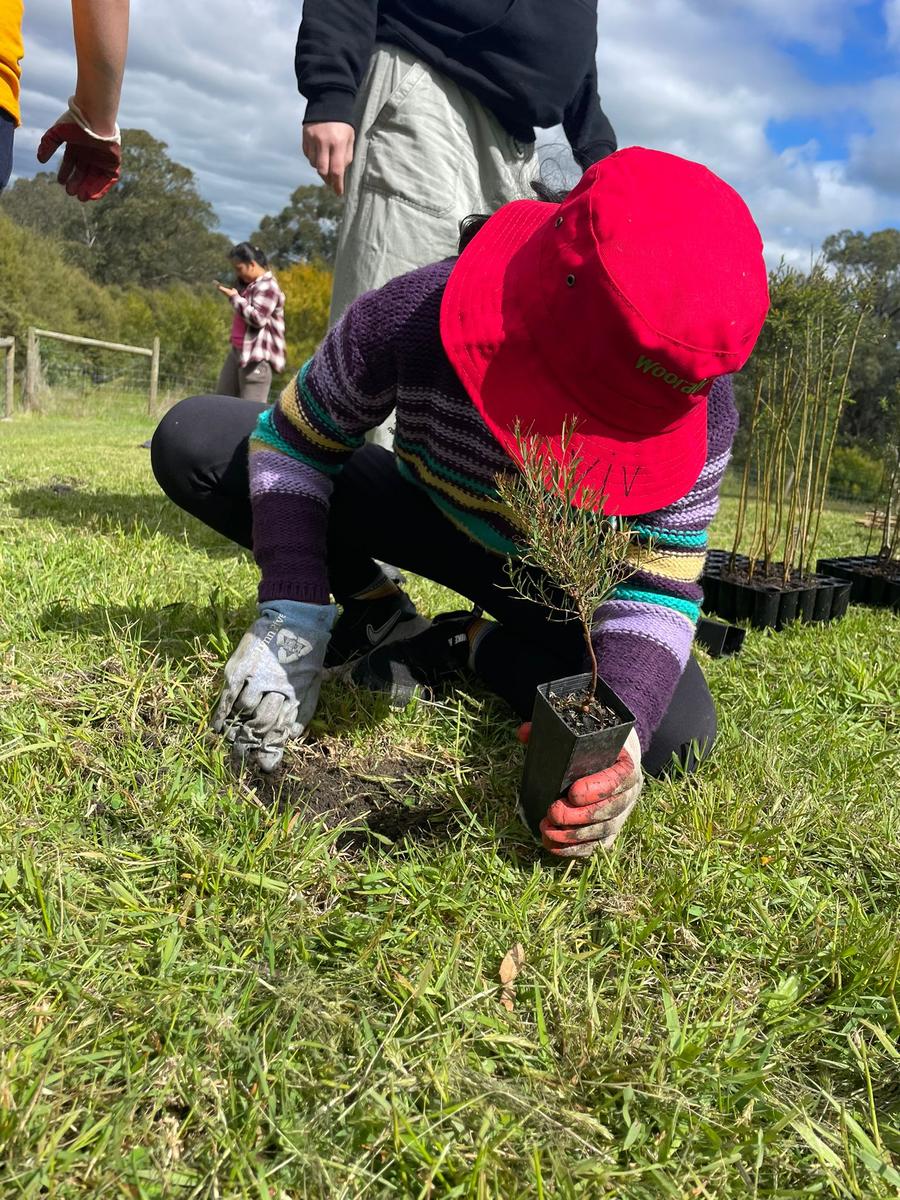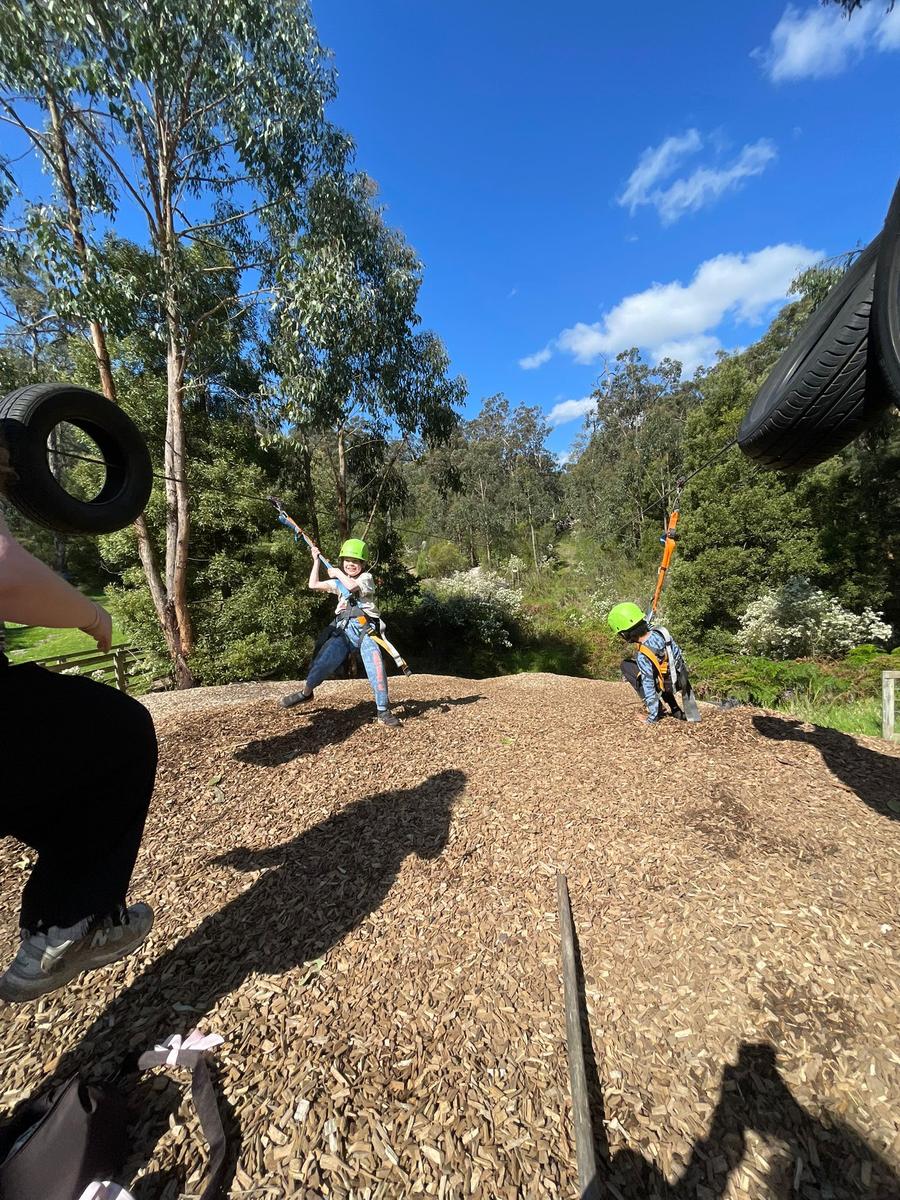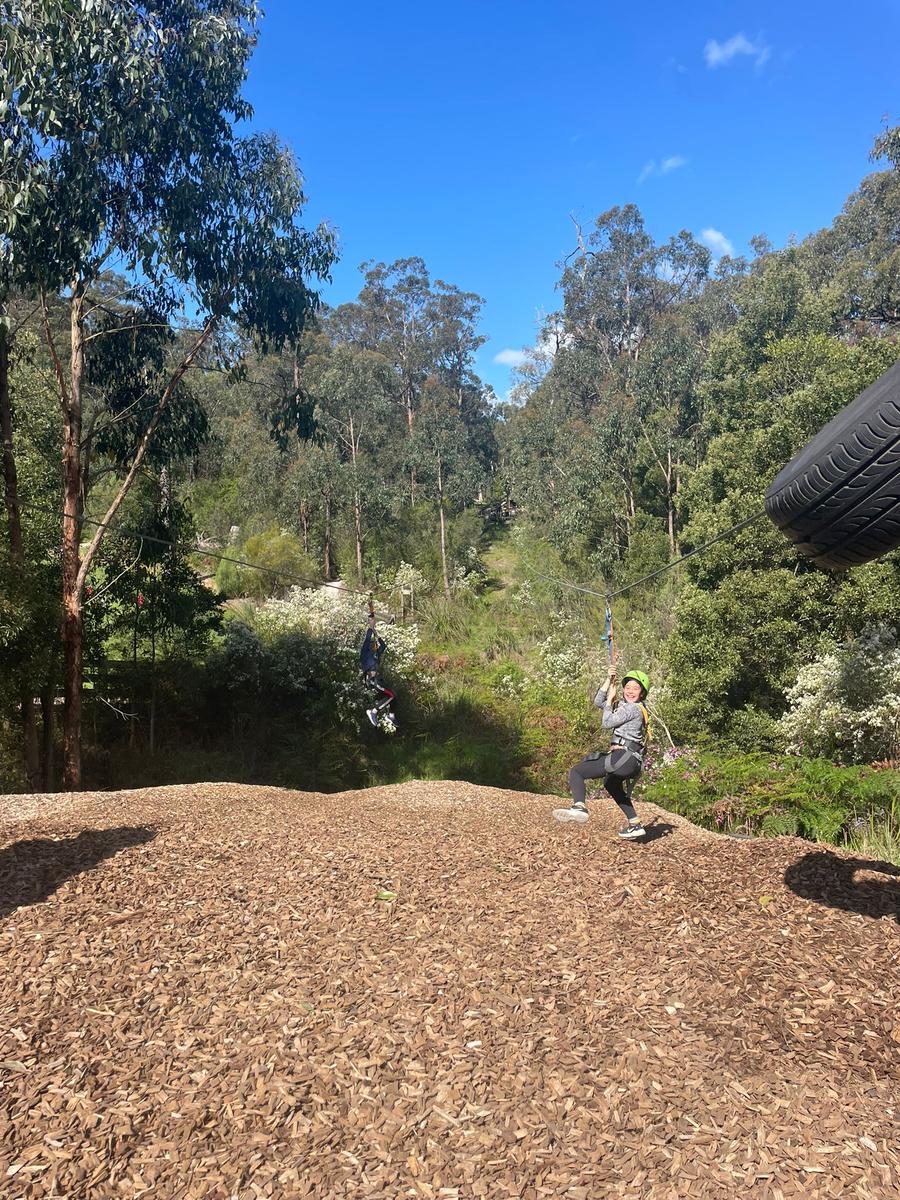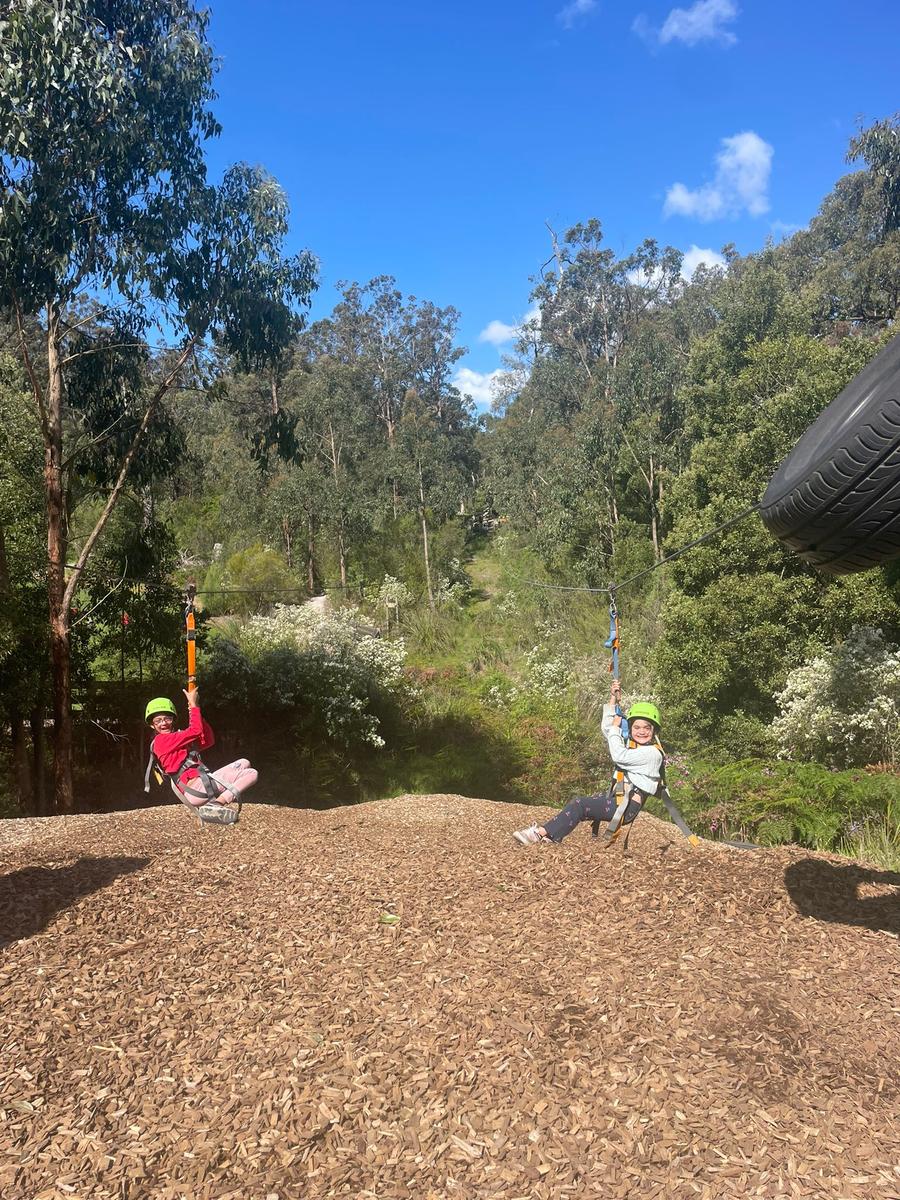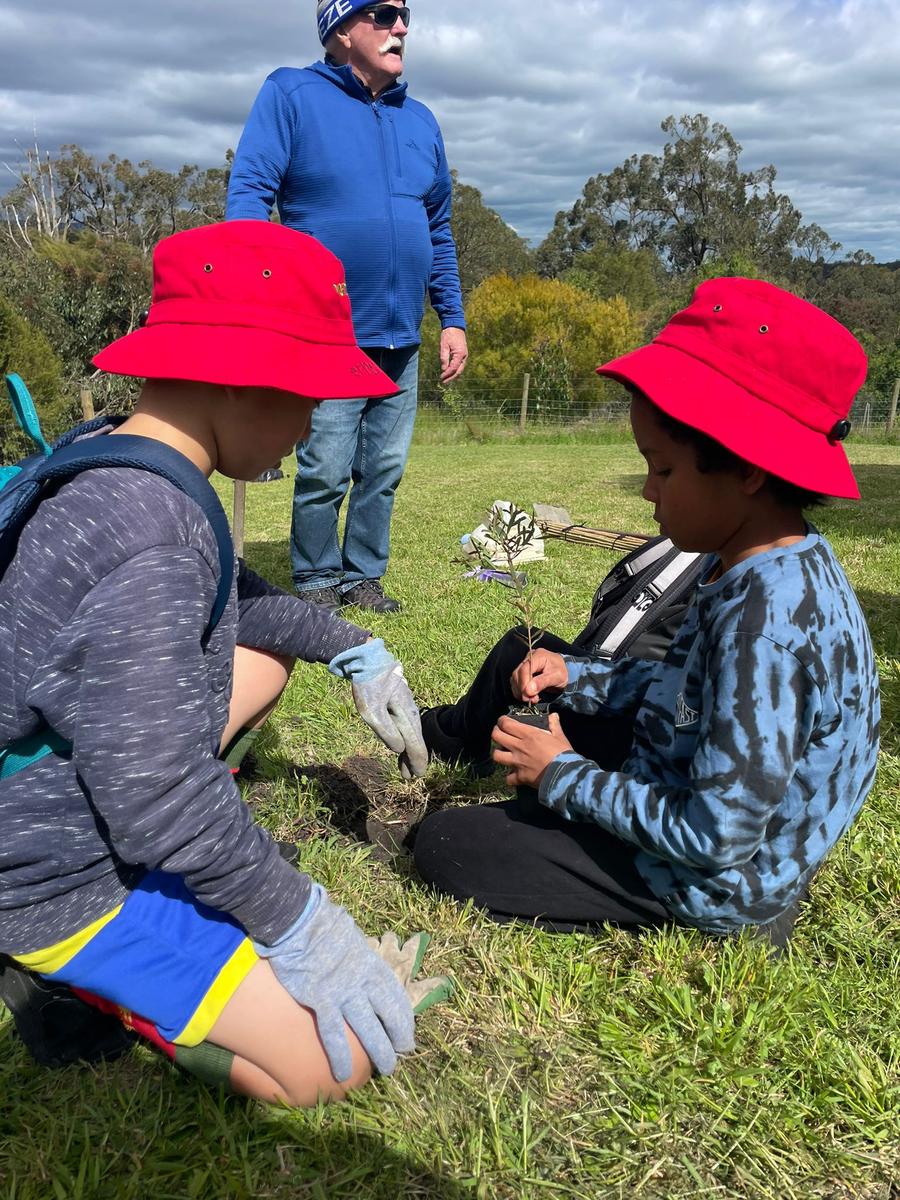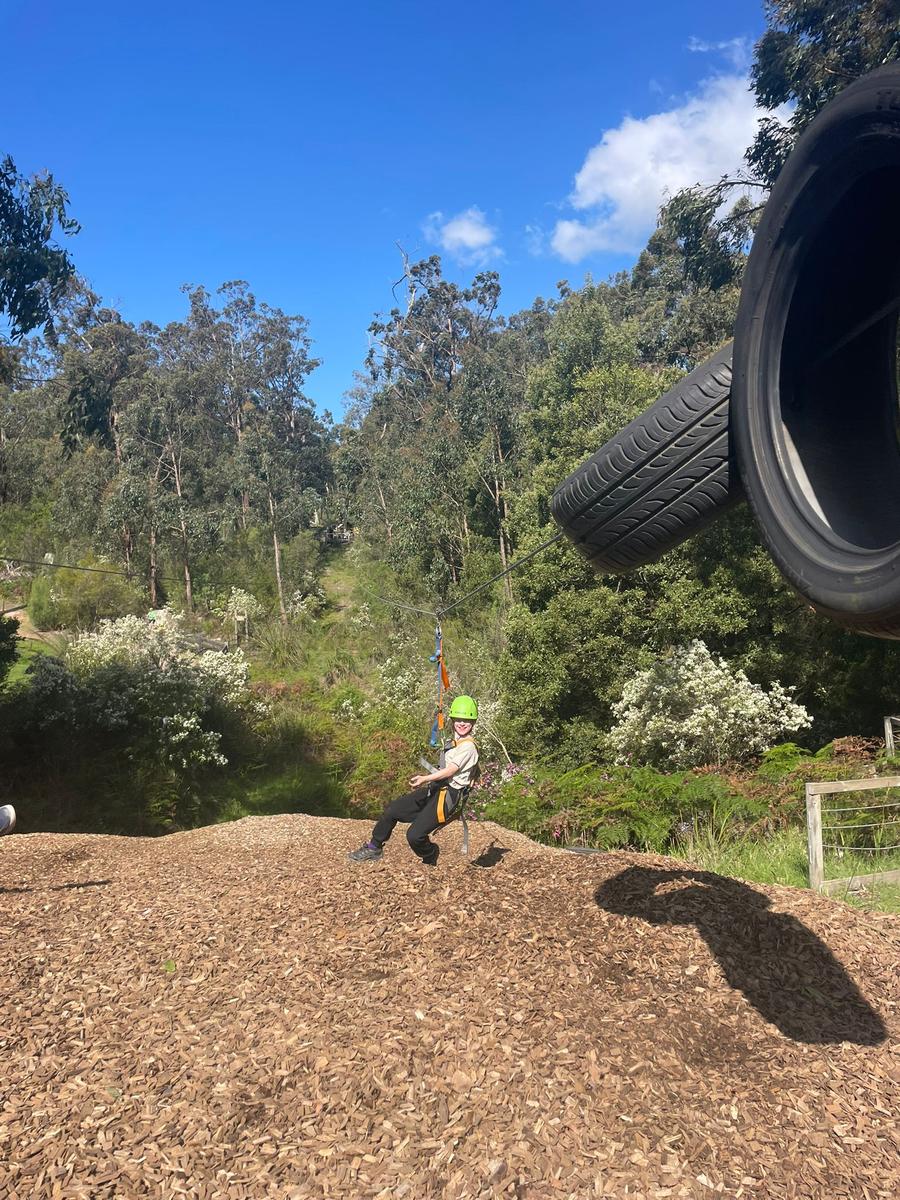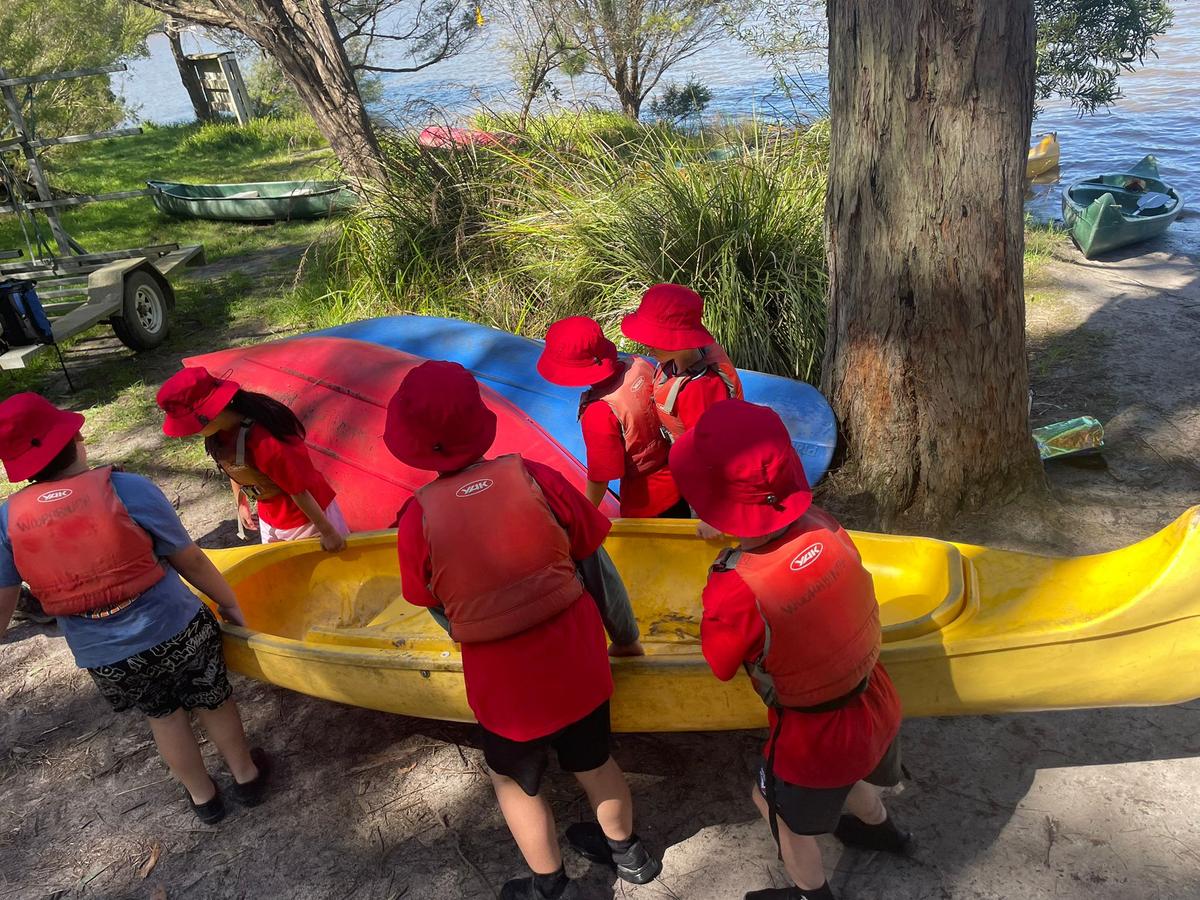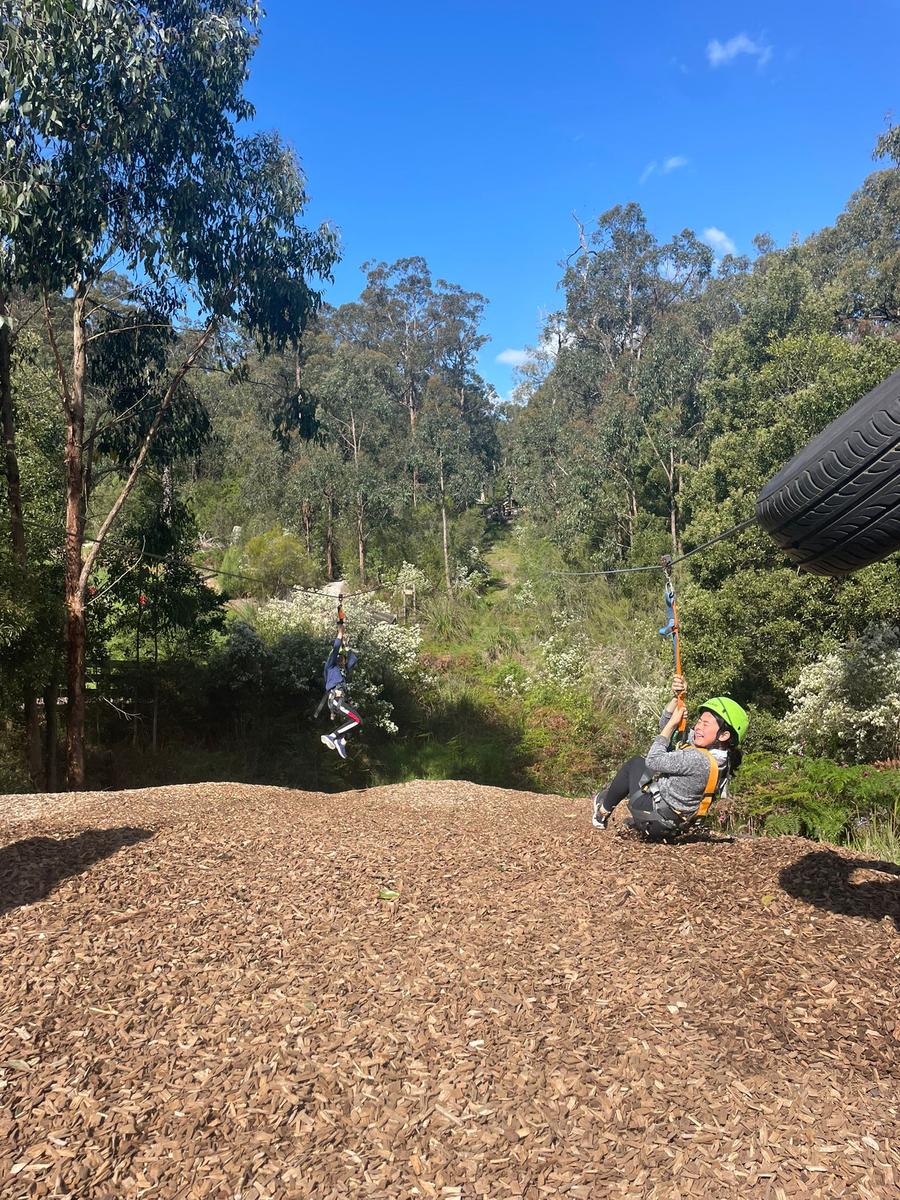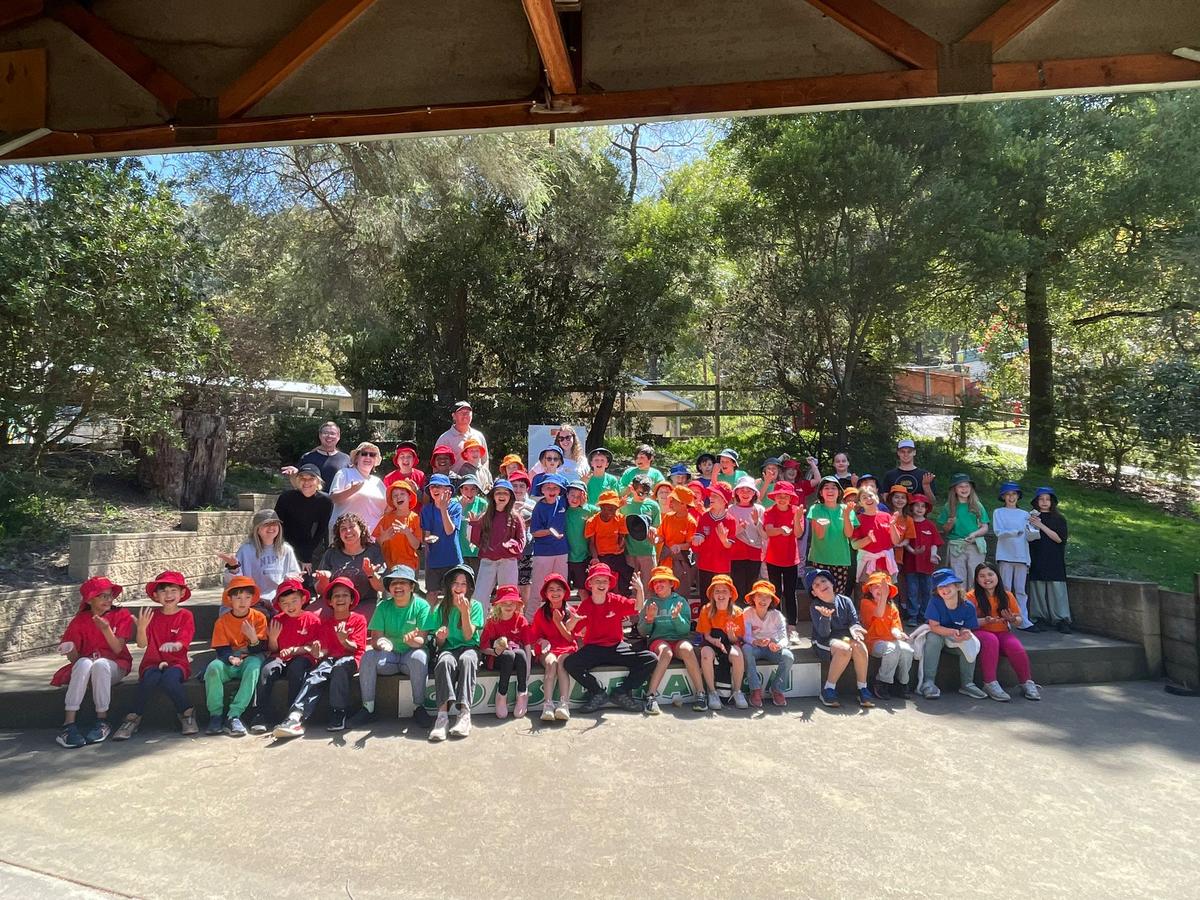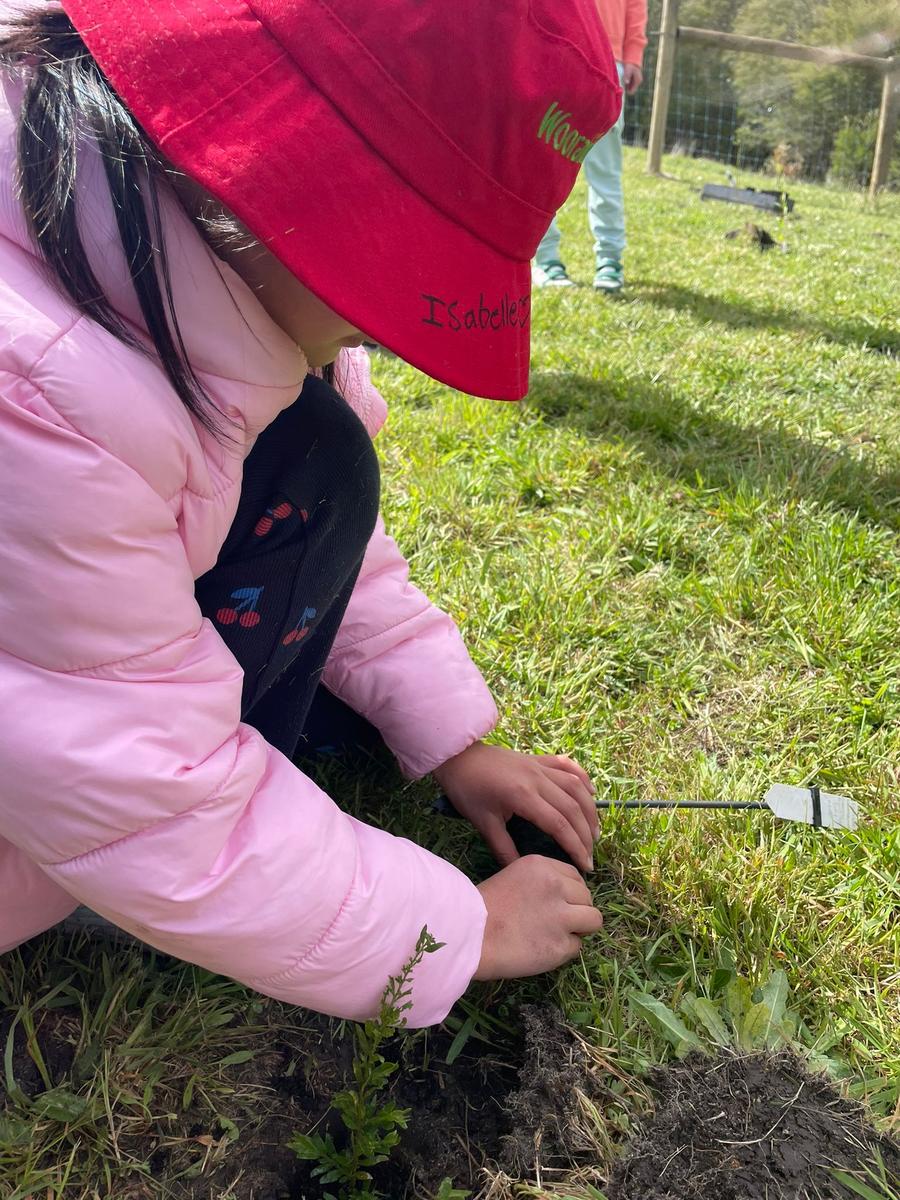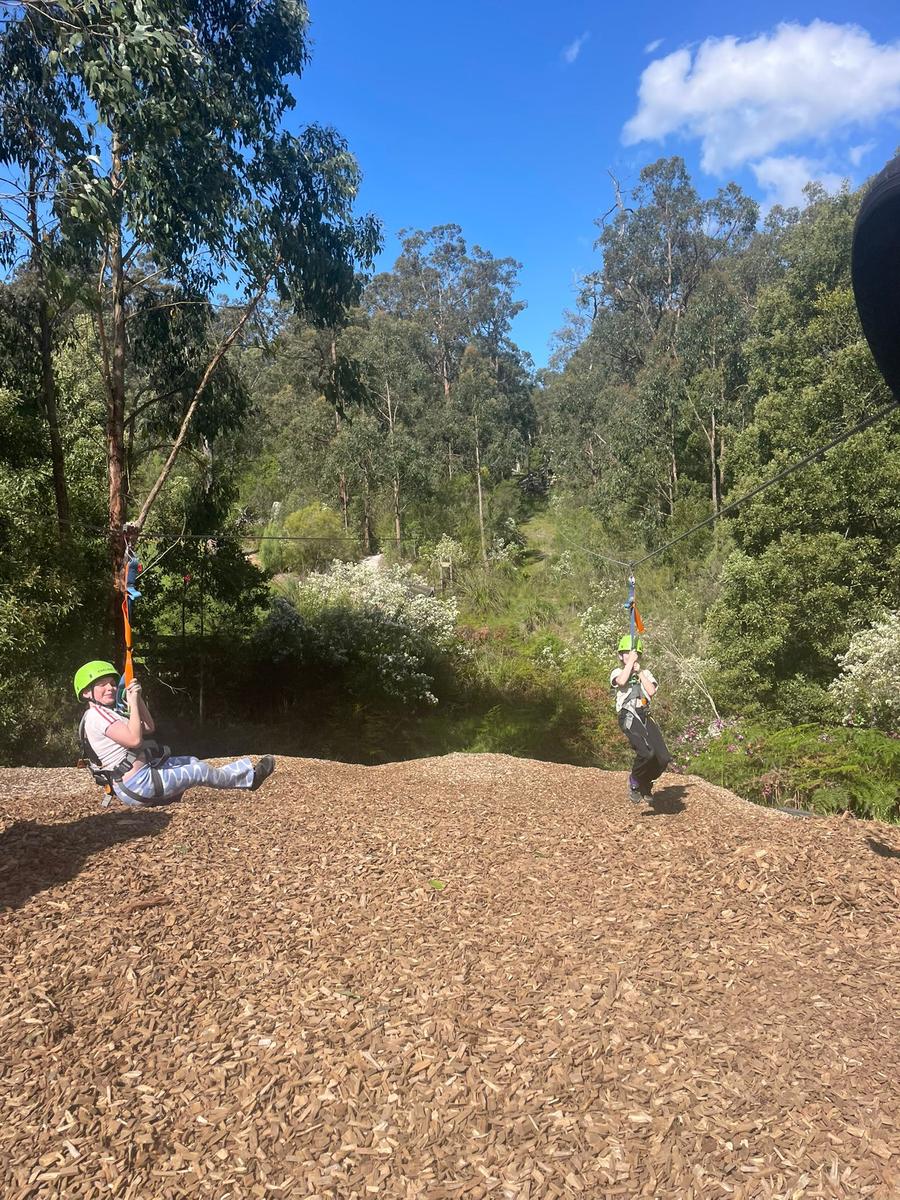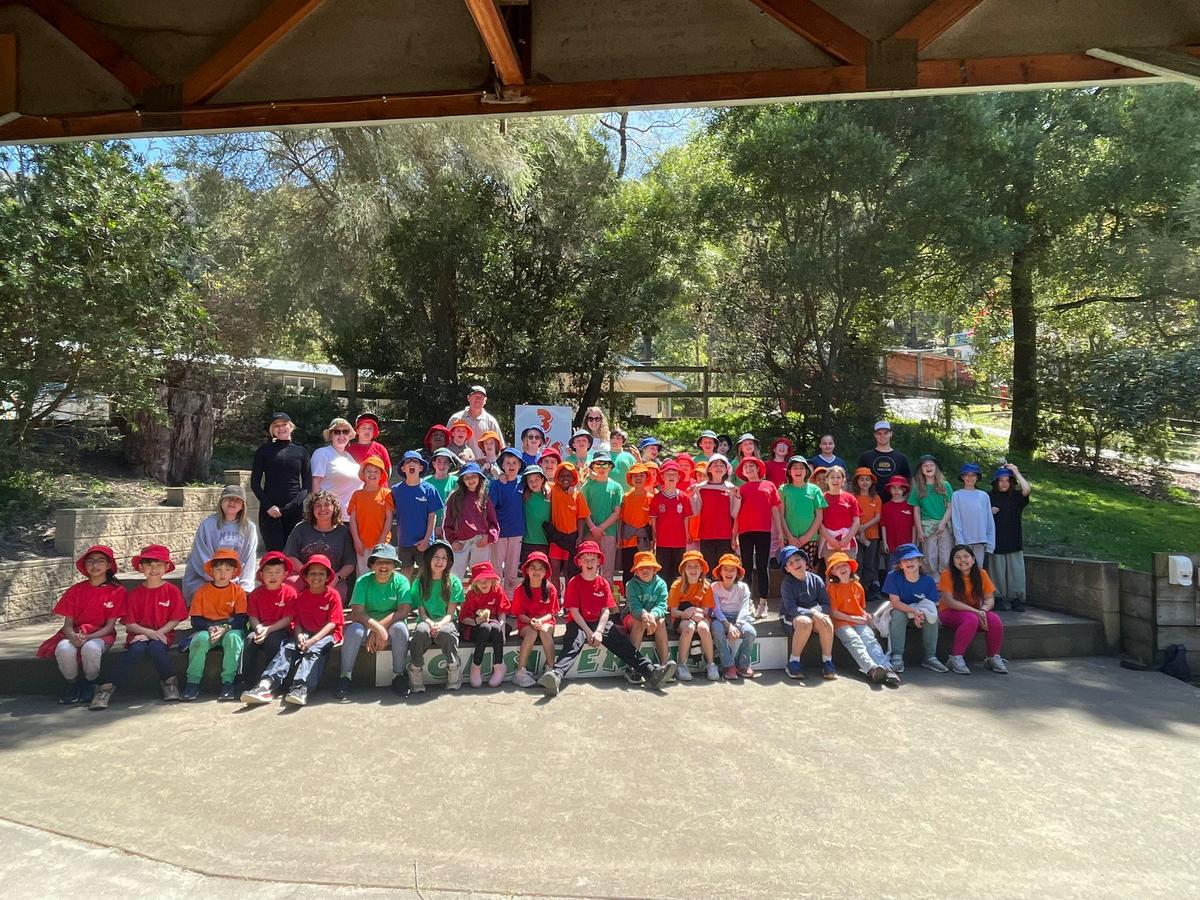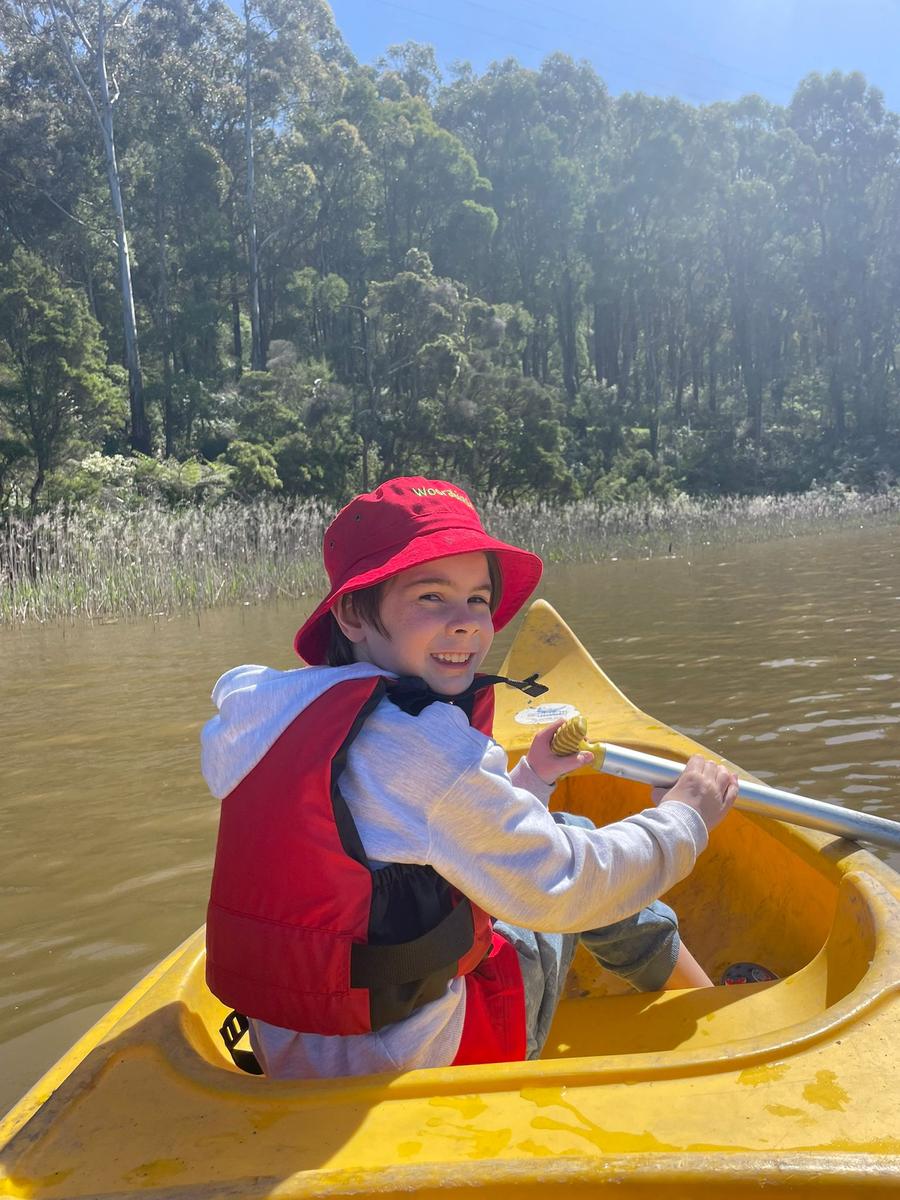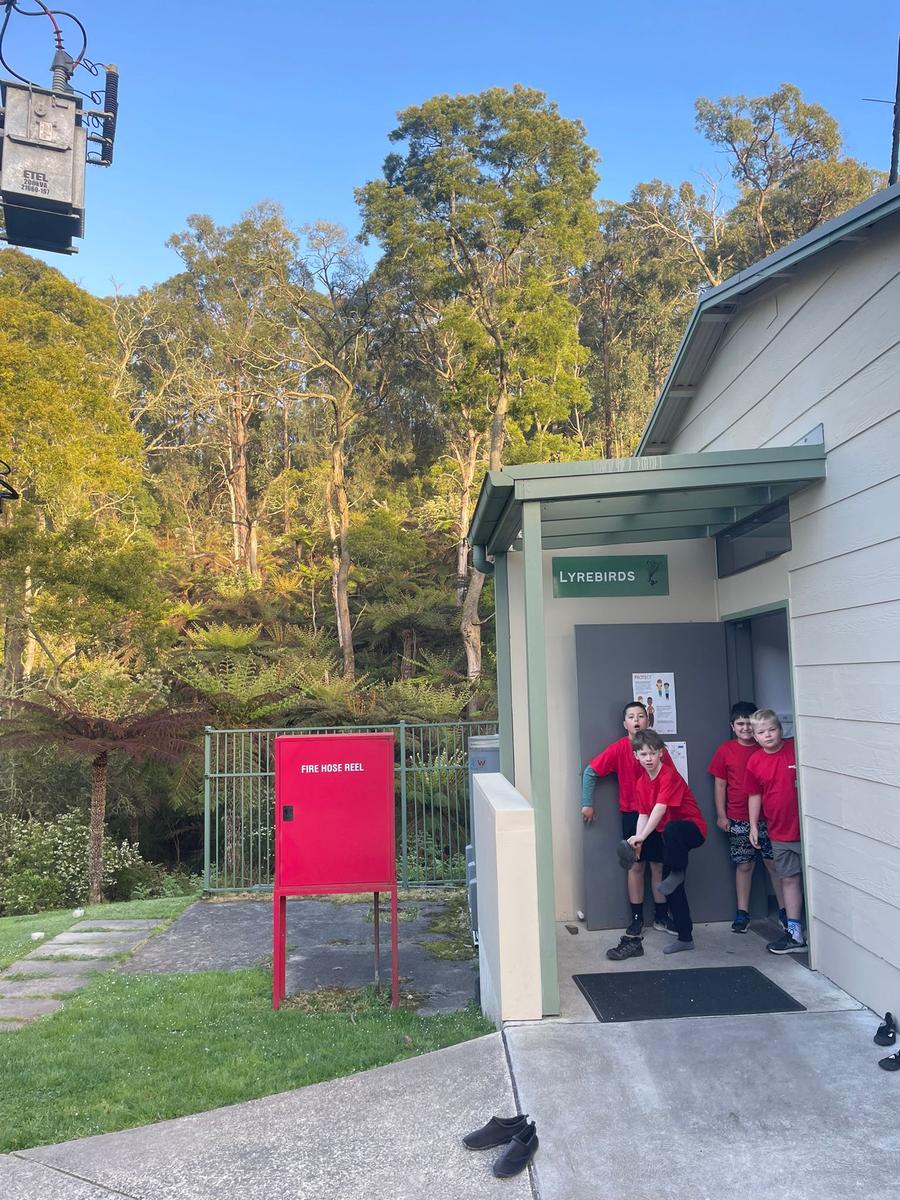Fantastic 3/4

Term 4 Week 2
3/4 Newsletter
Welcome to Week 2 of Term 4!
We hope everyone had a restful and refreshing break. The students have returned with a positive attitude and a great deal of excitement for the term ahead. It’s been wonderful to see their enthusiasm across all areas of learning, and we’re looking forward to seeing what our Year 3/4 students will achieve this term.
Camp:
In Week 2, our students had an unforgettable three-day adventure at Woorabinda Camp! It was wonderful to see everyone stepping out of their comfort zones, embracing new challenges, and shining in such a supportive and fun environment.
Camp began with a scenic walk to a campsite where the students built their own fires and cooked their own lunches, a true taste of outdoor adventure! Afterwards, we made our way to the cabins where there was plenty of excitement as everyone discovered who they’d be sharing their rooms with.
Tuesday and Wednesday were packed with amazing activities including canoeing, high ropes, the zip line, and tree planting. The teachers were so proud of the students for their resilience, teamwork, and enthusiasm. We absolutely loved watching their confidence soar, whether they were performing in the talent show or bravely tackling the high ropes course.
Photos from camp will be shared in the coming weeks, but in the meantime, please take a moment to chat with your child about their camp experience. They all achieved something special and created memories that will last a lifetime!
Literacy:
This term, we have begun reading The Wonderful Wizard of Oz. The students have been introduced to Dorothy, Toto, the Scarecrow, the Lion, and the Tin Man. Our focus for the first half of the term is on creating quest narratives, inspired by Dorothy’s adventure to meet the Wizard. The students have been highly engaged in our lessons and are eager to find out what happens next on Dorothy’s exciting journey through Oz!
Phonics:
In phonics, students have been working on the 111 rule. The 111 Rule helps them know when to double the final consonant in a word before adding a vowel suffix such as -ing, -ed, -er, or -est. The rule applies when three conditions are met: the word has one syllable, one short vowel sound, and ends with one consonant. For example, in words like run → running and hop → hopped, the final consonant is doubled. However, if a word doesn’t fit all parts of the rule—such as hope → hoping—the consonant is not doubled. Learning this rule helps students spell words correctly and understand how adding suffixes can change the meaning of a base word.
Phonics focus for the term:
Spelling Focus | Example Words | ||
| 111 Rule | spitting, sloppy, fittest, robber | ||
| 111 Rule | Stunning, spinner, dripping, dimmable | ||
| 111 Rule | Dipped, bitten, swagger, swimmer | ||
| Homophones | grown , groan, bawl, ball | ||
| SFE + suffix | Chasing, noticing, joking | ||
| SFE + suffix | Starving, closely, loosely | ||
| Homophones 2 | To, too, two | ||
| L stuffs it all | Tall, call, walk, talk | ||
| Homophones 3 | Guessed, guest, missed, mist, passed, past |
Maths:
In Mathematics, both the Year 3 and Year 4 students have been exploring data and graphing. They have been developing their own questions to collect specific types of data and learning how to present their findings using pictographs and bar graphs. Students have also been learning to identify the difference between categorical data (information that can be grouped, such as favourite colours or pets) and numerical data (information that involves numbers, such as the number of siblings or goals scored). The year 4 students worked hard on inputting data into an online spread sheet and learnt about different tools to help them count their data.
Science
This term in Science, students are exploring the roles and relationships of living things within different habitats. They are learning about producers, consumers, and decomposers, and how each plays an important part in maintaining balance within an ecosystem. Students will observe living things in the local environment and classify them based on their roles, as well as research different types of decomposers and their importance. They will represent feeding relationships using food chains and compare how these differ across various habitats.
Extra Announcements:
- Please email your child’s classroom teacher any photos from home that they would like to add to their Leadership binder.
- Homework is handed out each Friday and will be collected the following Friday
- Hats are required in Term 4
- Colour Run 30th of October

